Chess, a game with roots that trace back over a millennium, continues to captivate millions around the globe. Its rich history spans continents and cultures, evolving through numerous civilizations and adapting to countless changes. As we look toward the future, many wonder about the staying power of this ancient game. Is chess immortal? To fully understand this question, we must explore the origins of chess, its adaptations through history, and the implications of modern technological advances.
The Enduring Appeal of Chess
Chess originated in India around the 6th century AD, known initially as Chaturanga, before spreading to Persia, the Arab world, and eventually to Europe. From a tool for military strategy to a symbol of royal power and intellectual prowess, chess has basked in a diverse array of symbolic roles throughout its long history. Its ability to reflect societal changes and personal intellect makes it a universally appealing game. Its presence in schools, clubs, and online platforms reflects its pervasive influence and enduring popularity.
Adaptations Through History
Throughout its spread across the globe, chess has seen substantial transformations, not just in terms of rules and appearances but in its cultural significance. During the Cold War, for example, it became an arena for political tension between the Soviet Union and the United States. Today, its role in education is recognized, viewed as a tool to help students develop skills ranging from critical thinking to problem-solving. This adaptability to the needs and conditions of different eras is a strong indicator of chess's sustained relevance.
The Impact of Digital Technology on Chess
The digital revolution introduced a significant breakpoint into the trajectory of chess. The development of artificial intelligence, with IBM's Deep Blue's historic victory over World Champion Garry Kasparov in 1997, marked the beginning of a new era for chess. This watershed moment demonstrated that machines could not only mimic human intelligence but could also surpass the strategic thinking of the greatest minds in chess.
Today, online platforms and chess software are accessible to anyone with an internet connection. This has democratized learning and playing, allowing players from across the globe to connect and compete, enhancing the game's spread and development. AI and analytics tools provide insights and statistical feedback that was once the purview of highly skilled players, thereby flattening the learning curve for novice players and deepening the strategic understanding of advanced players.
Chess in Modern Society
In an age characterized by fast-paced, visually overstimulating, and instant reward games, the slow, thoughtful nature of chess provides a countercultural respite. It stands out as a beacon of intellectual rigor and strategy. Social media platforms and streaming services like Twitch have changed the way chess is viewed and enjoyed, bringing it to younger and increasingly diverse audiences.
Public figures and celebrities have also played a role in popularizing chess. Prominent personalities from different fields – from sports to entertainment – praise the strategic depth and intellectual challenge it offers, thereby endorsing chess’s multi-dimensional allure beyond just a mere board game.
Looking to the Future
As we examine the trajectory of chess, from ancient times to the present, and its capacity to adapt to technological and cultural shifts, it seems reasonable to assert that chess could indeed be immortal. As long as there are minds eager to explore the realms of deep thought and strategy, chess will find a place.
Moreover, with AI's evolving role in expanding the strategic boundaries of the game, we might see further evolution of chess strategies, gameplay, and perhaps even rules. The fusion of human creativity with computational depth will likely push chess into new territories that we can scarcely imagine today.
In conclusion, chess’s past and present tell a story of resilience, adaptability, and enduring charm. The intellectual joys it offers and its widespread cultural adoption suggest that the game of kings is here to stay, potentially becoming even more entrenched in human culture in the digital future. Thus, if immortality means remaining meaningful across centuries and civilizations, then chess certainly qualifies as immortal.
Explore our large collection of luxurious chess sets!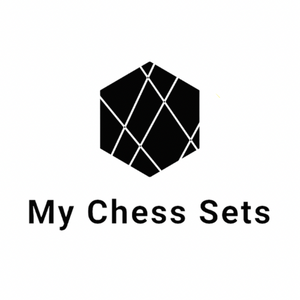
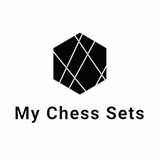



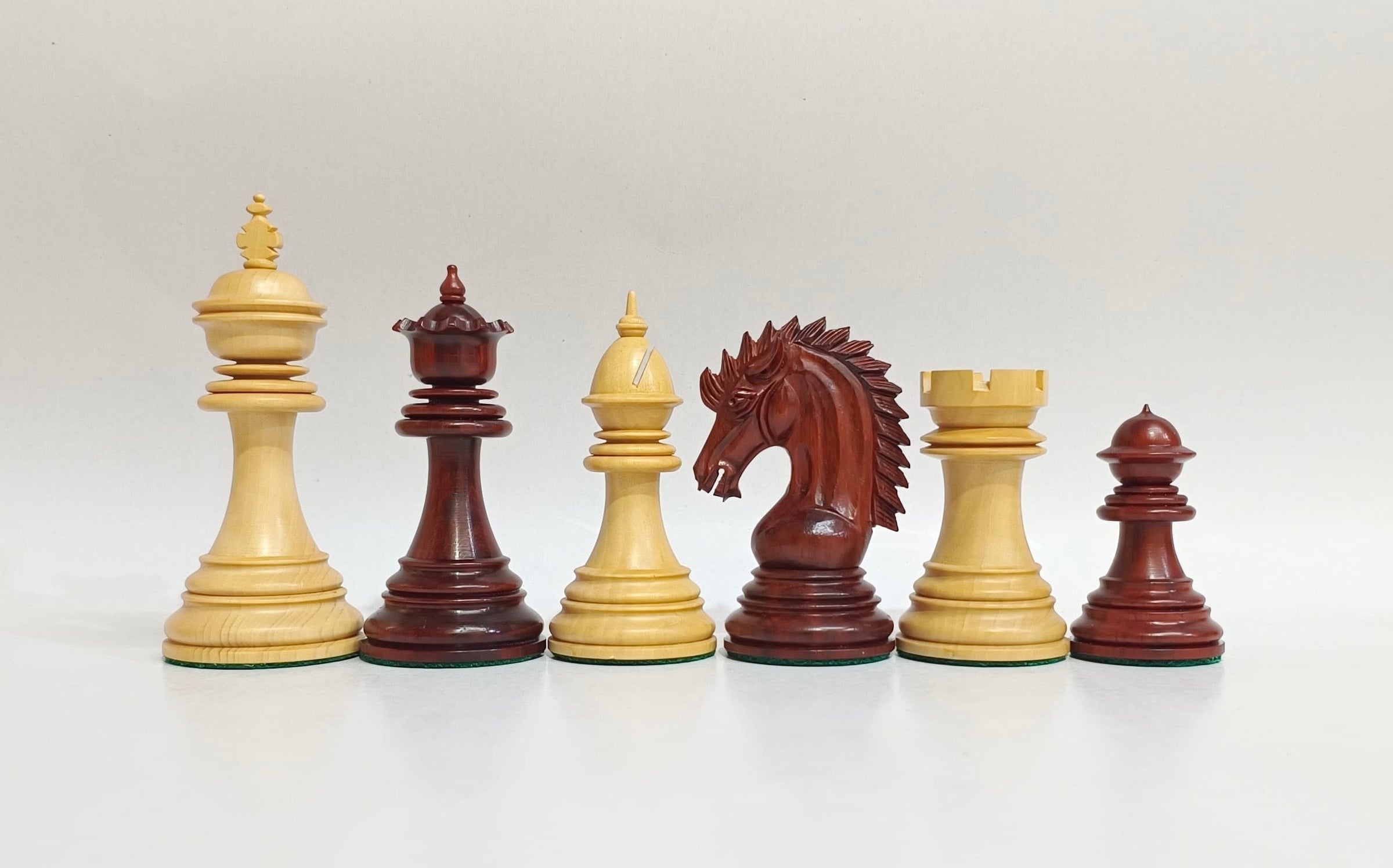
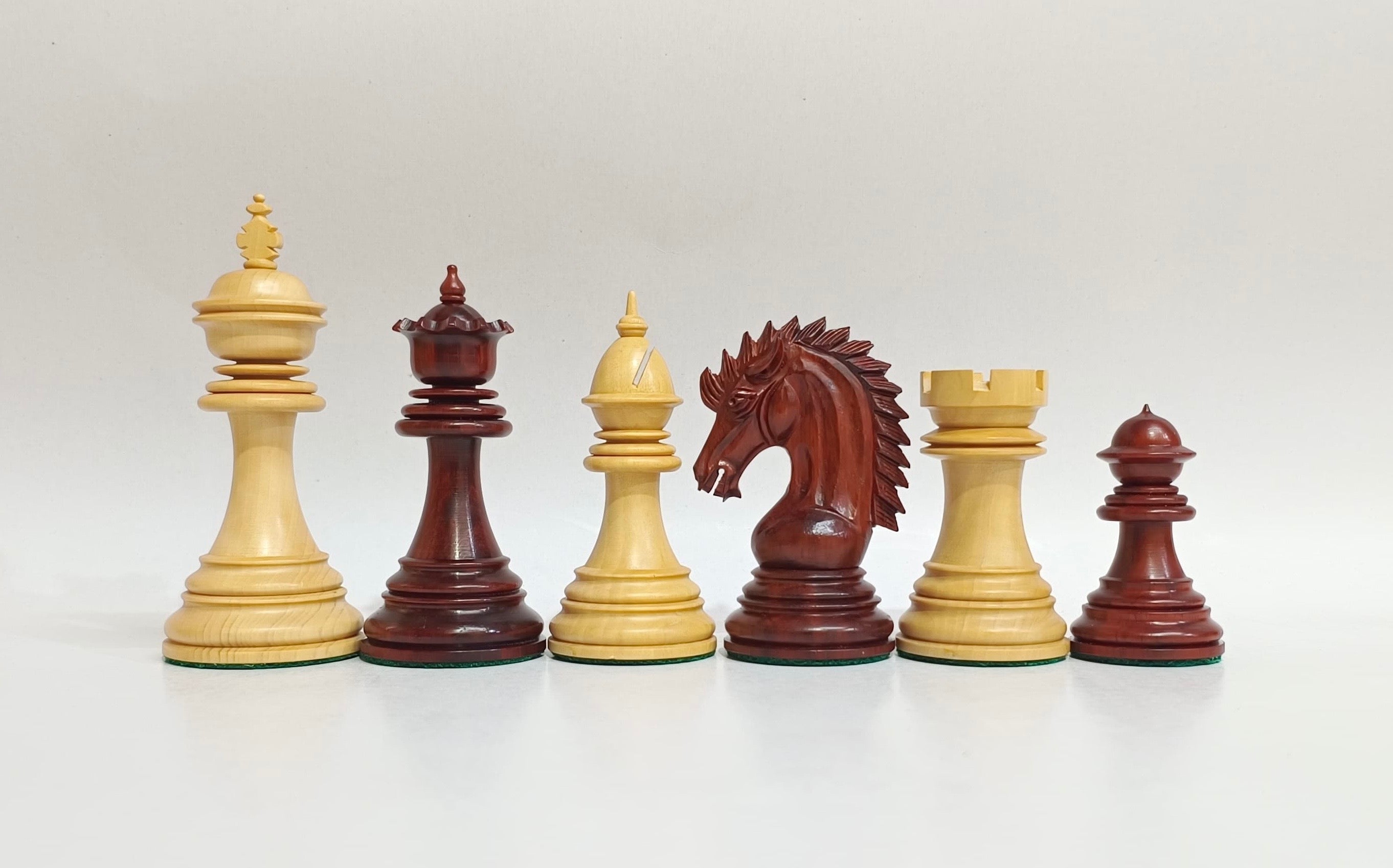
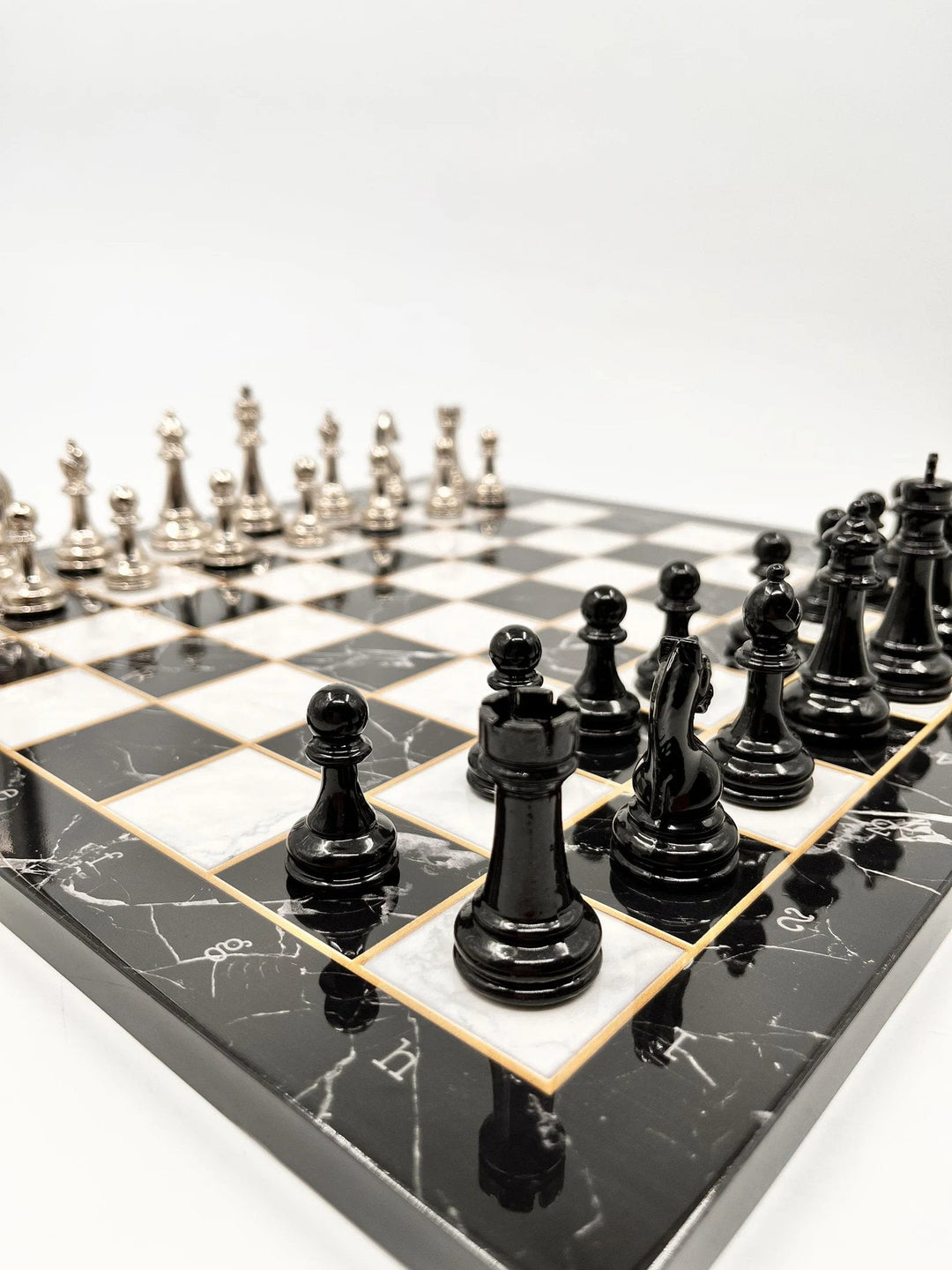

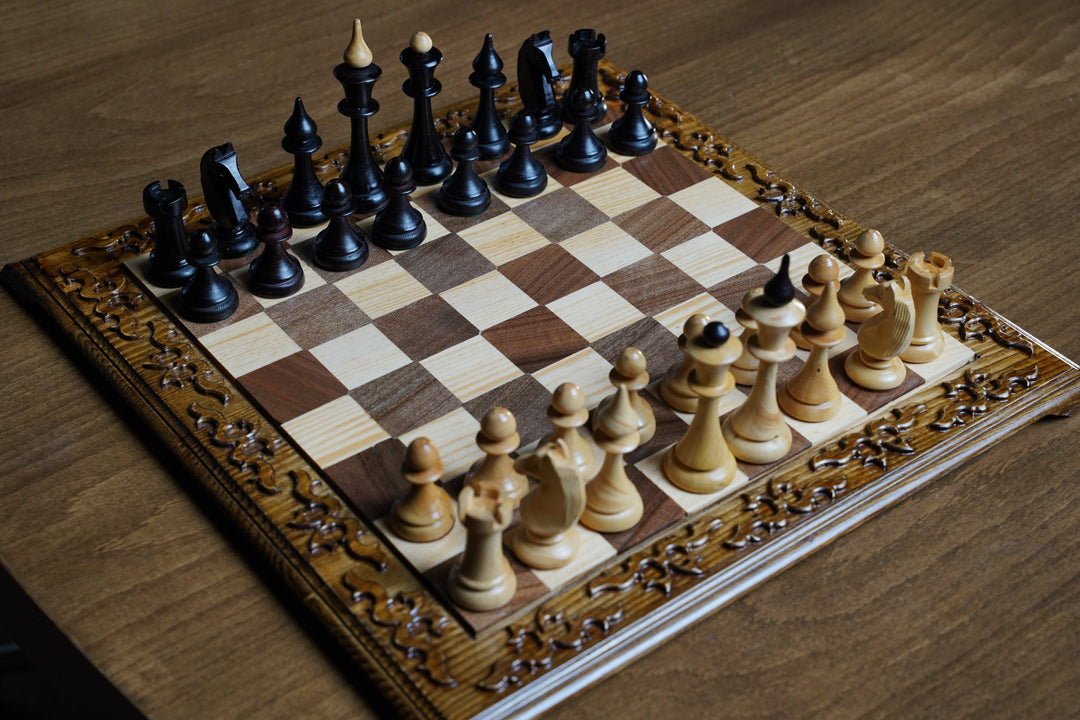
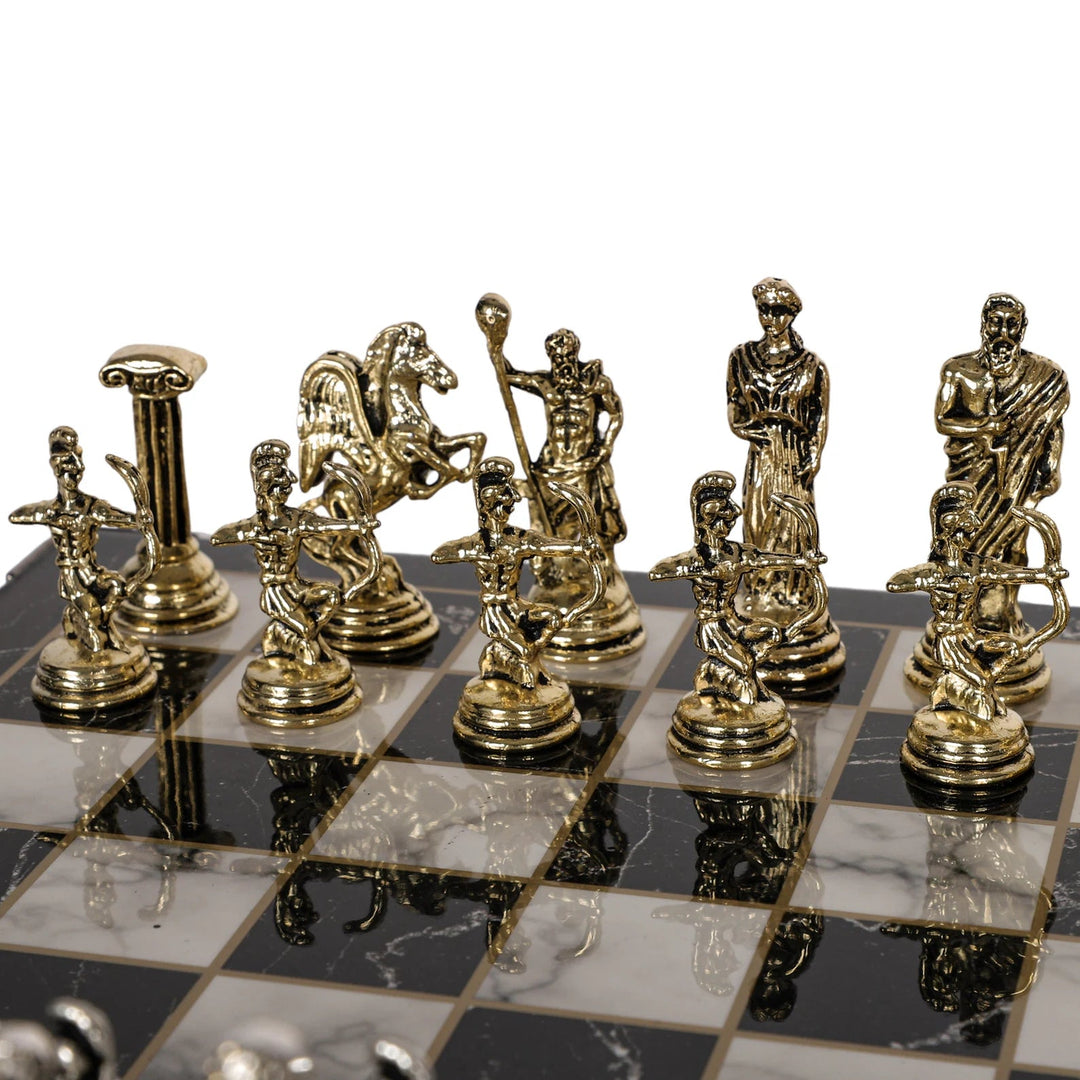
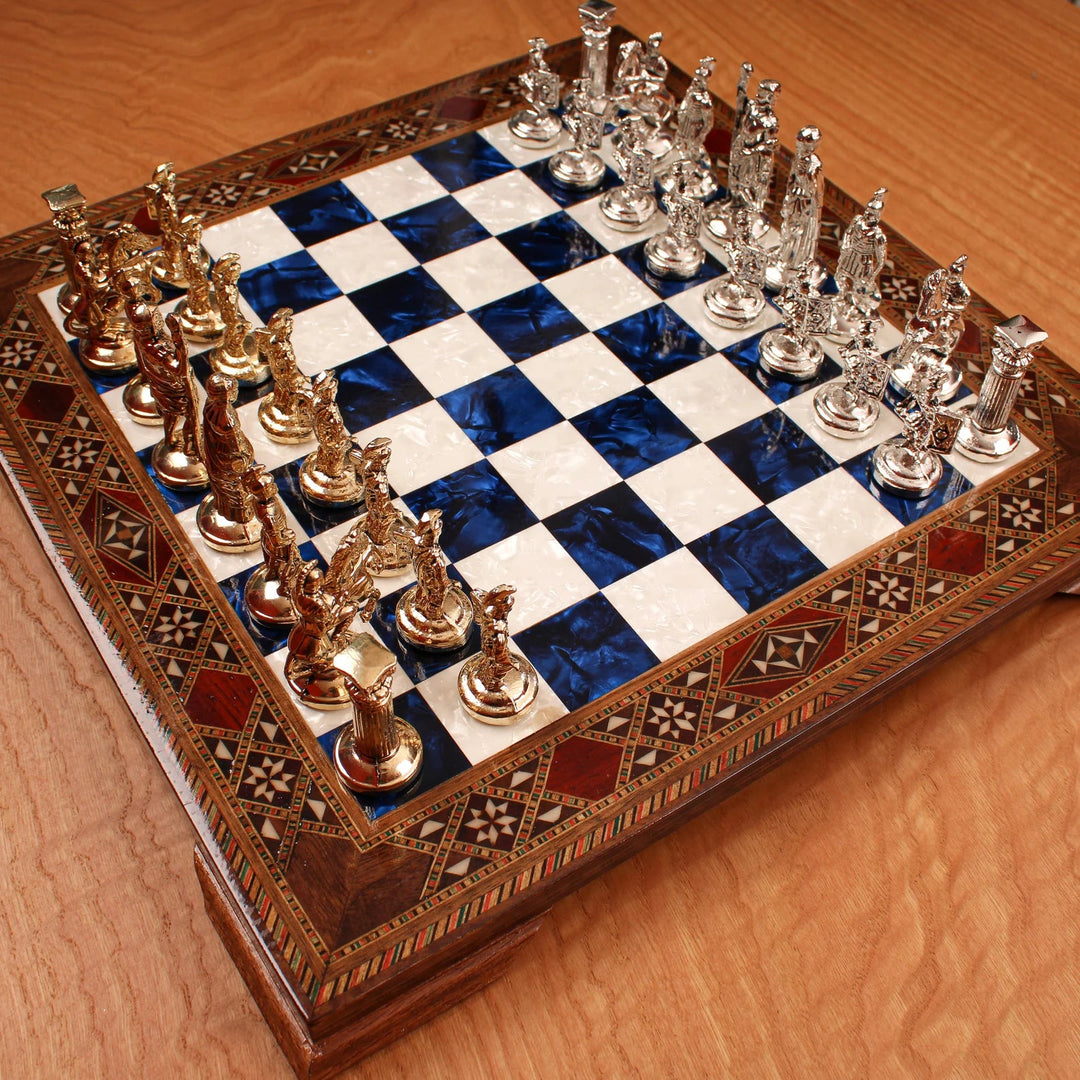
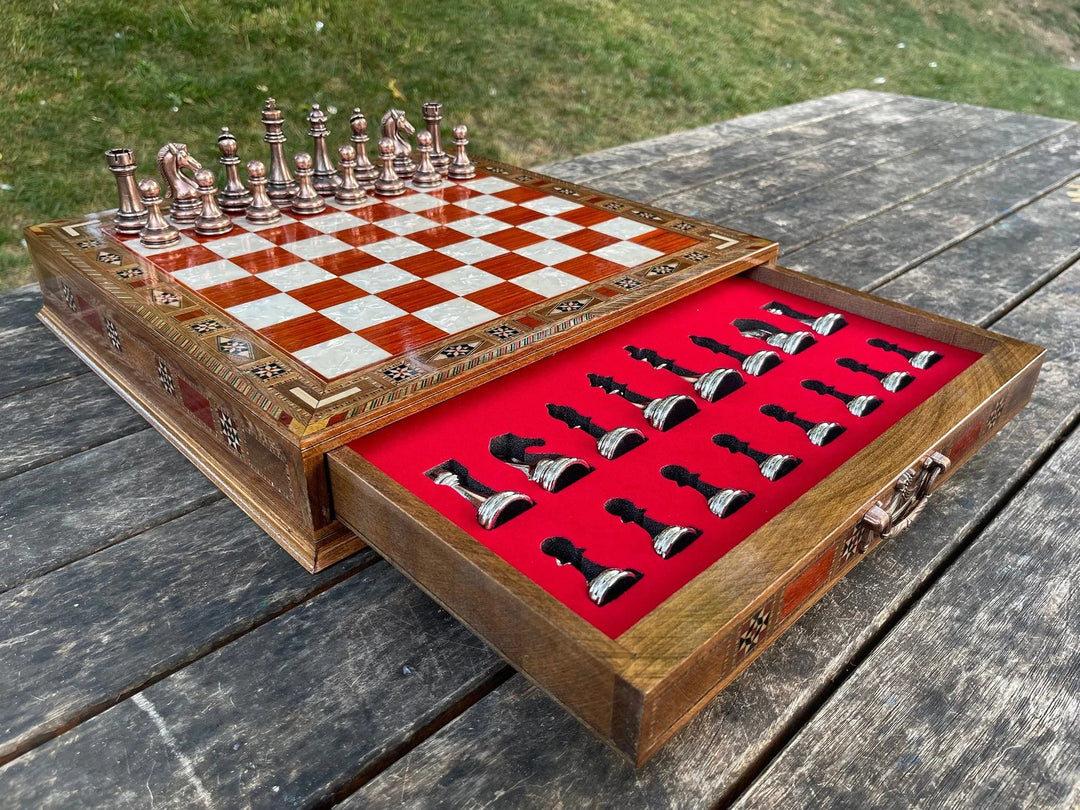
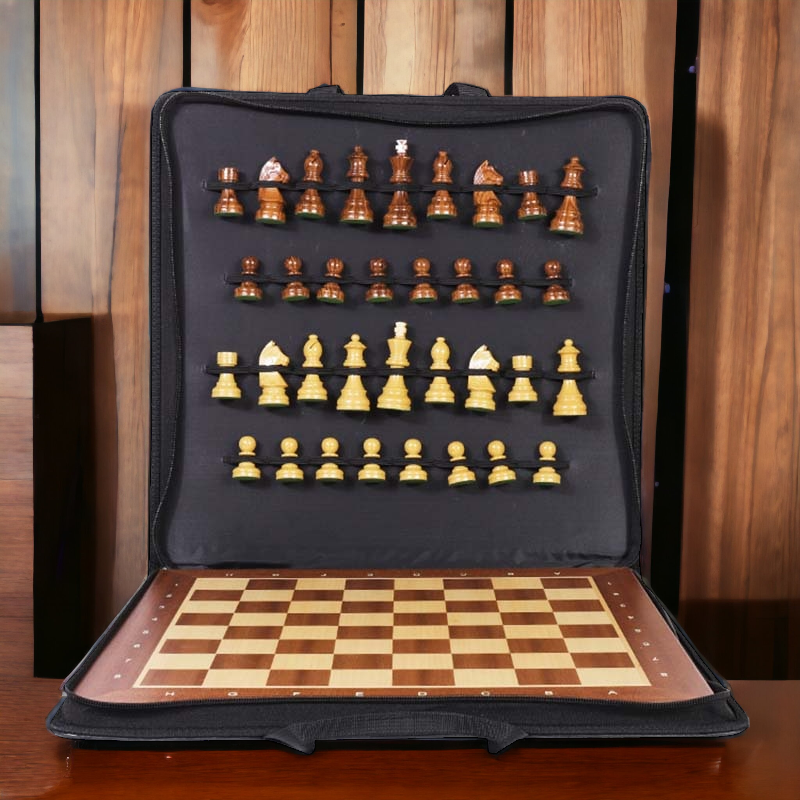
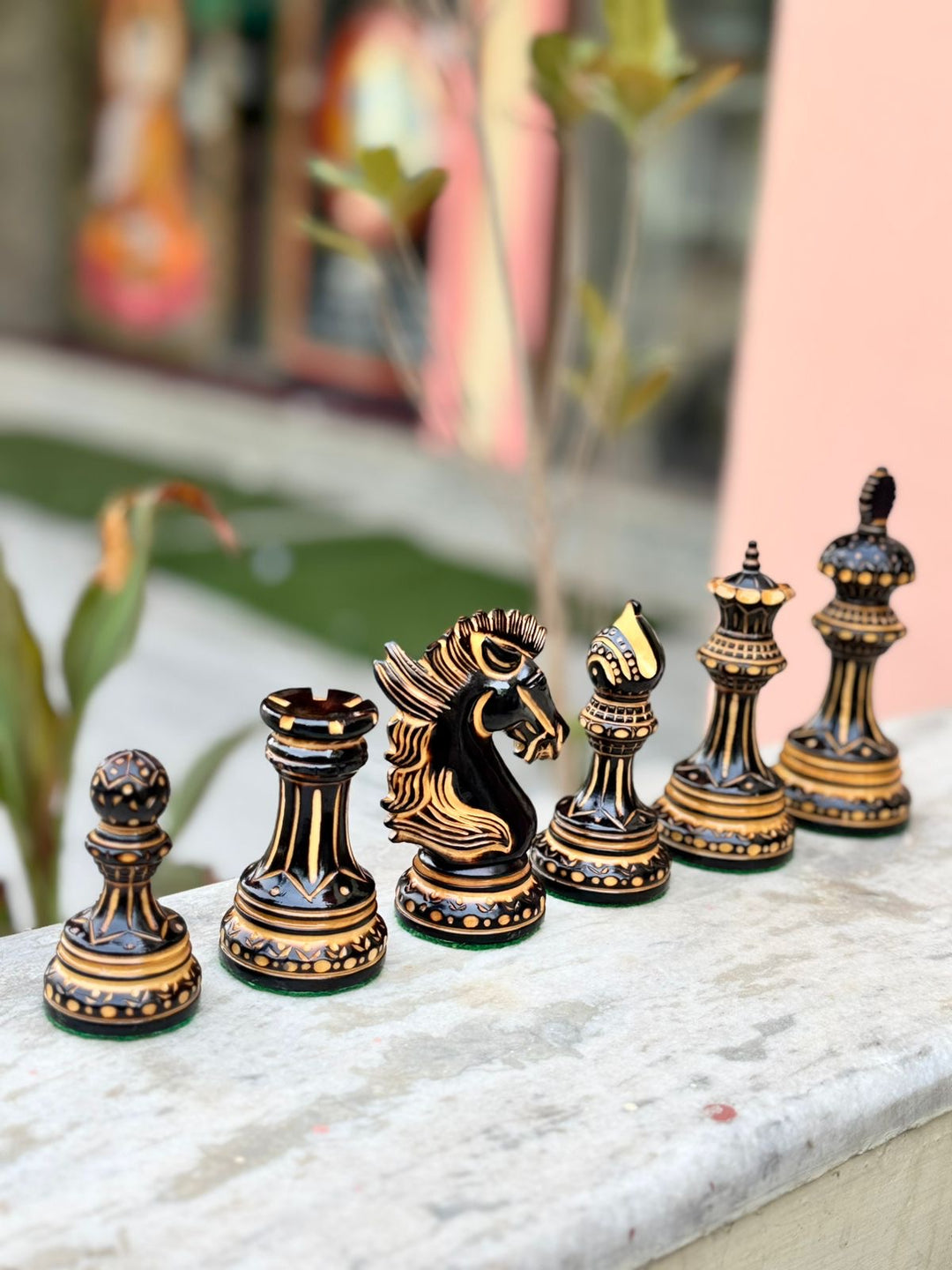
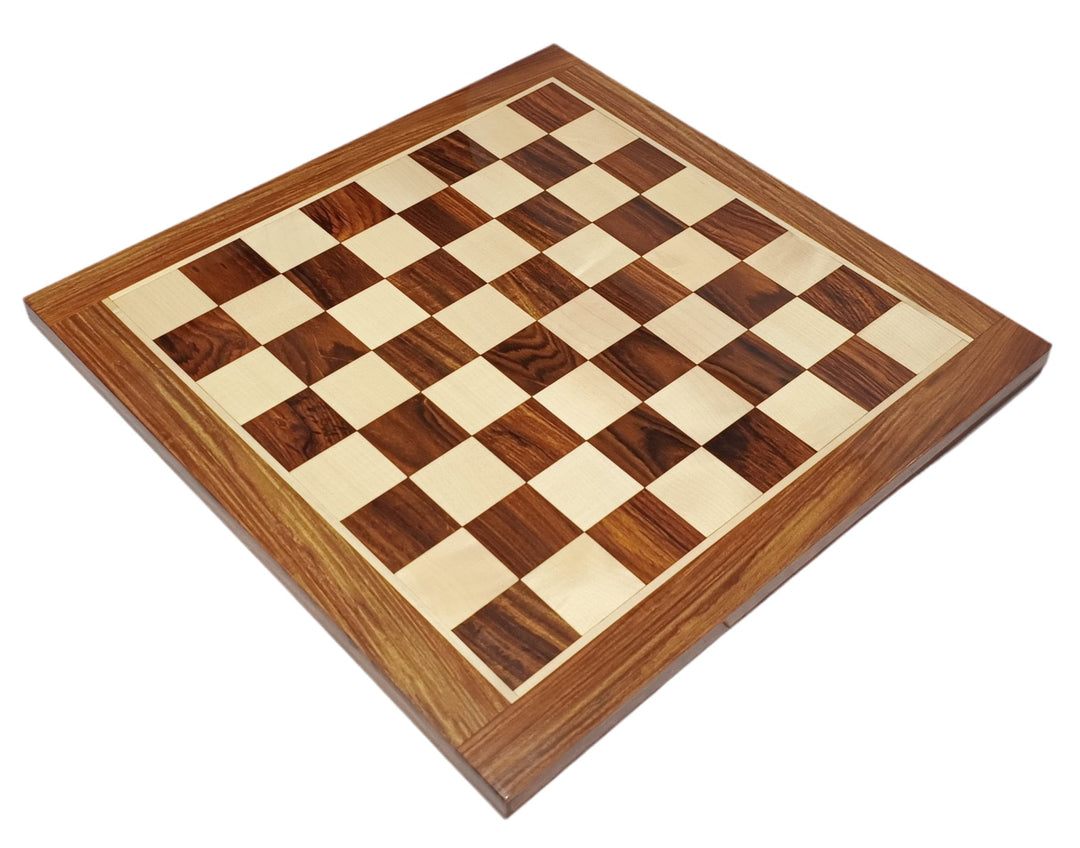
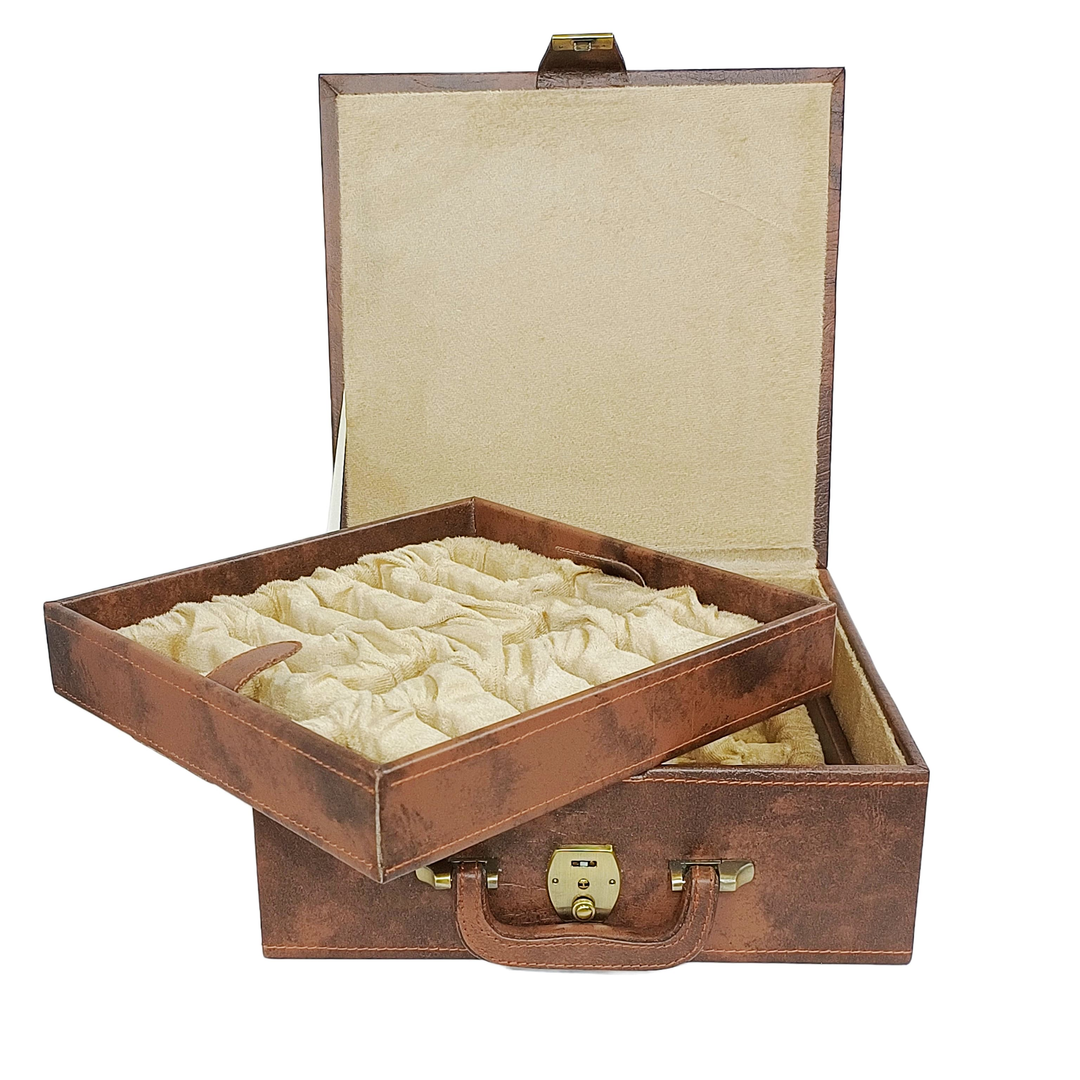
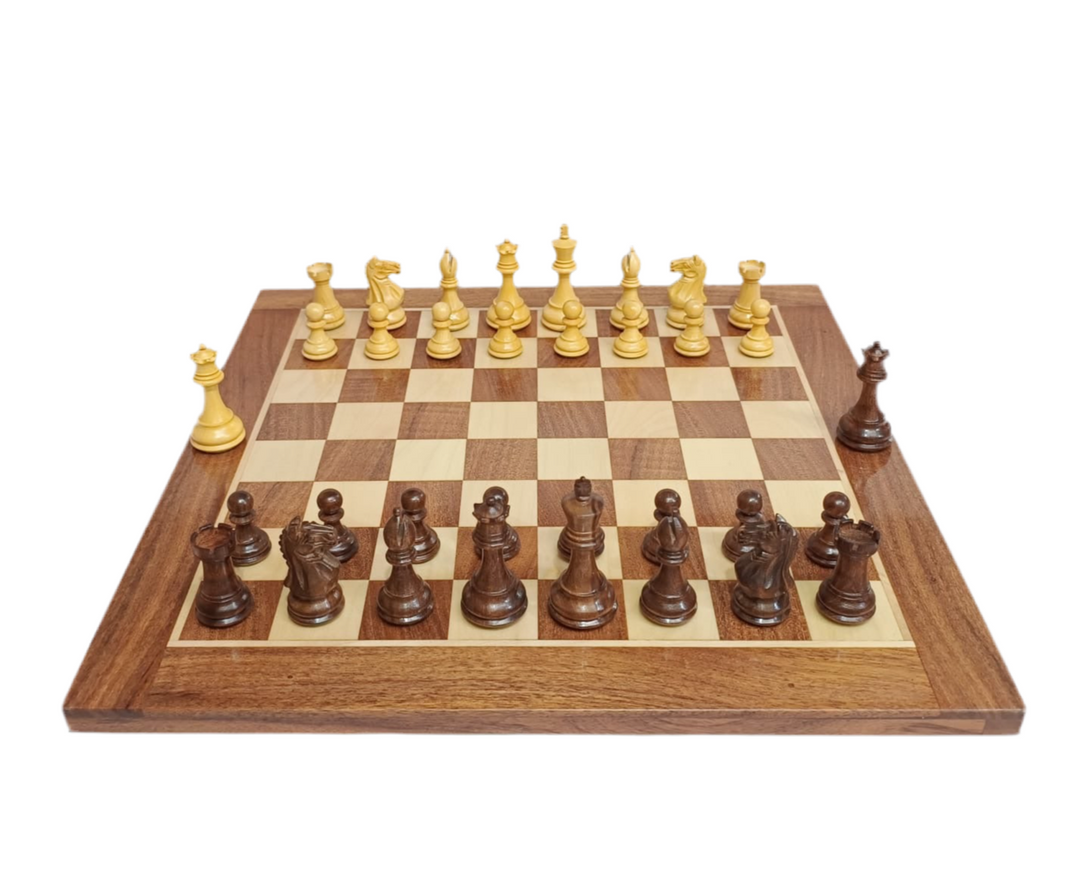
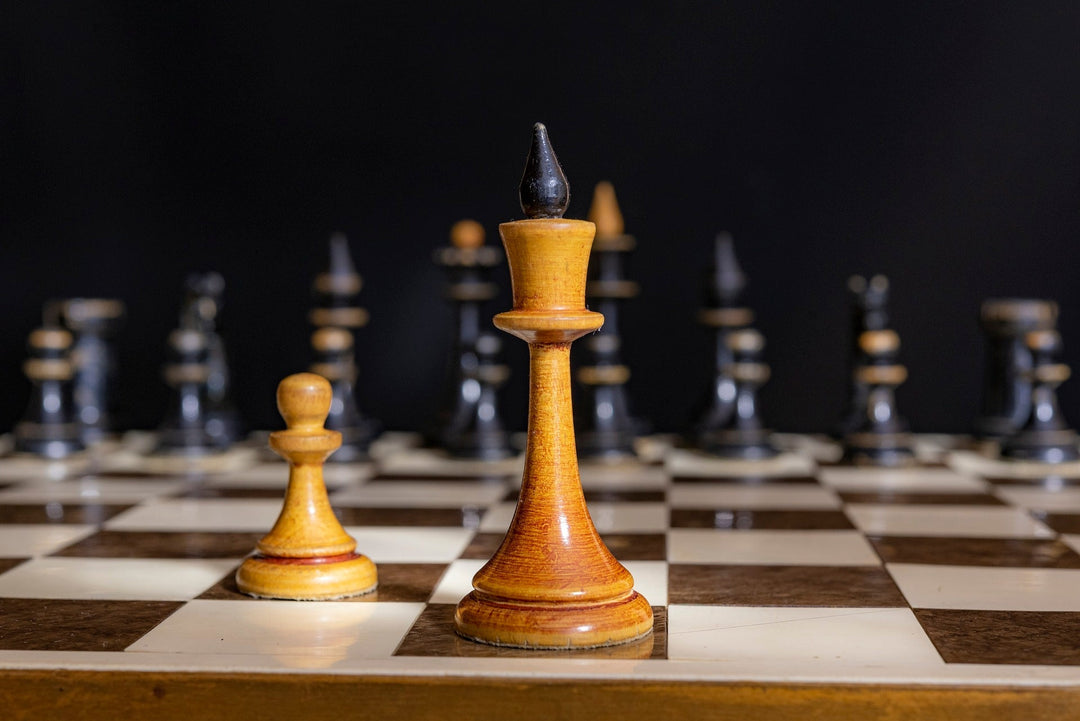
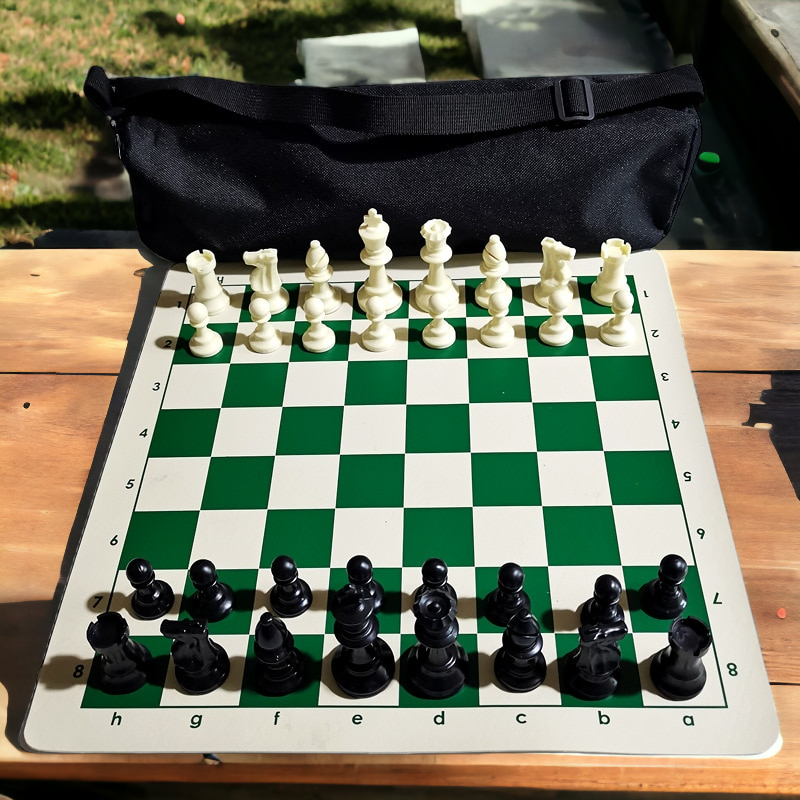
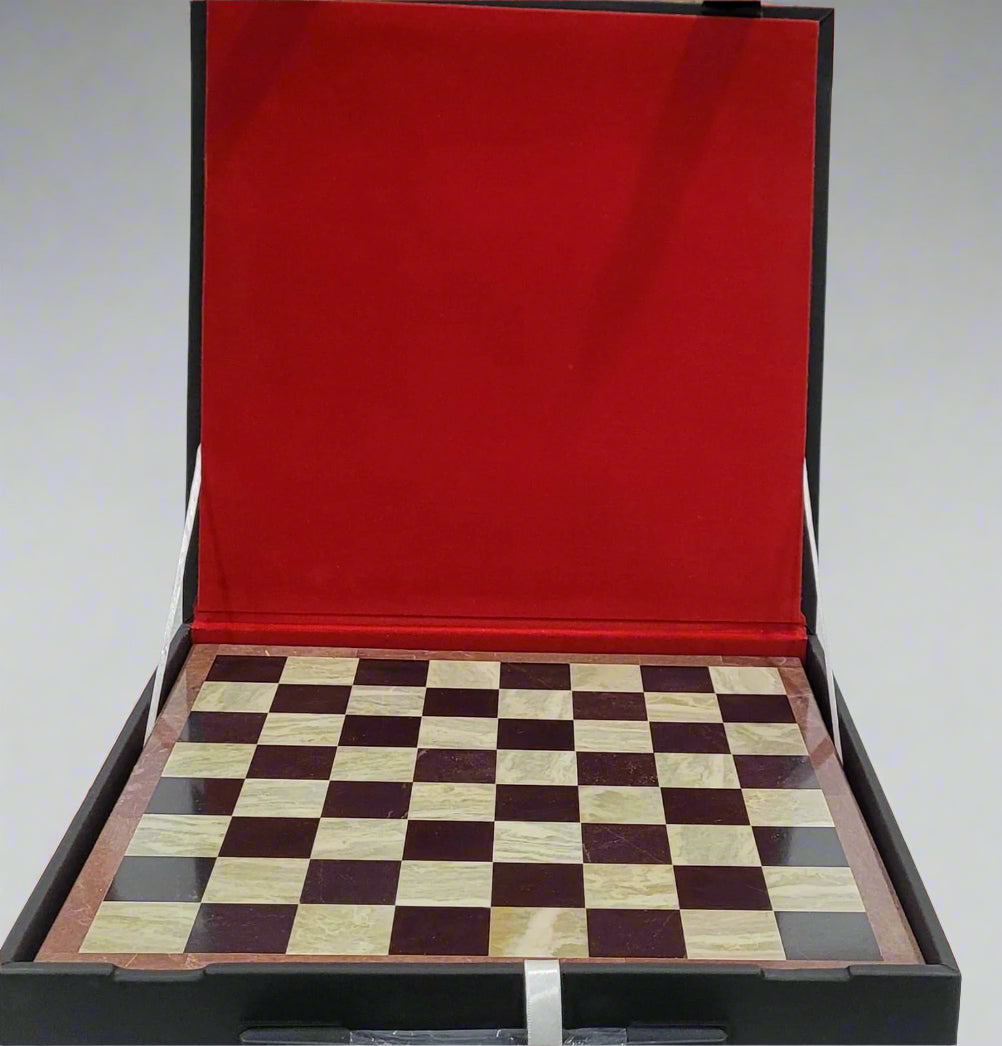
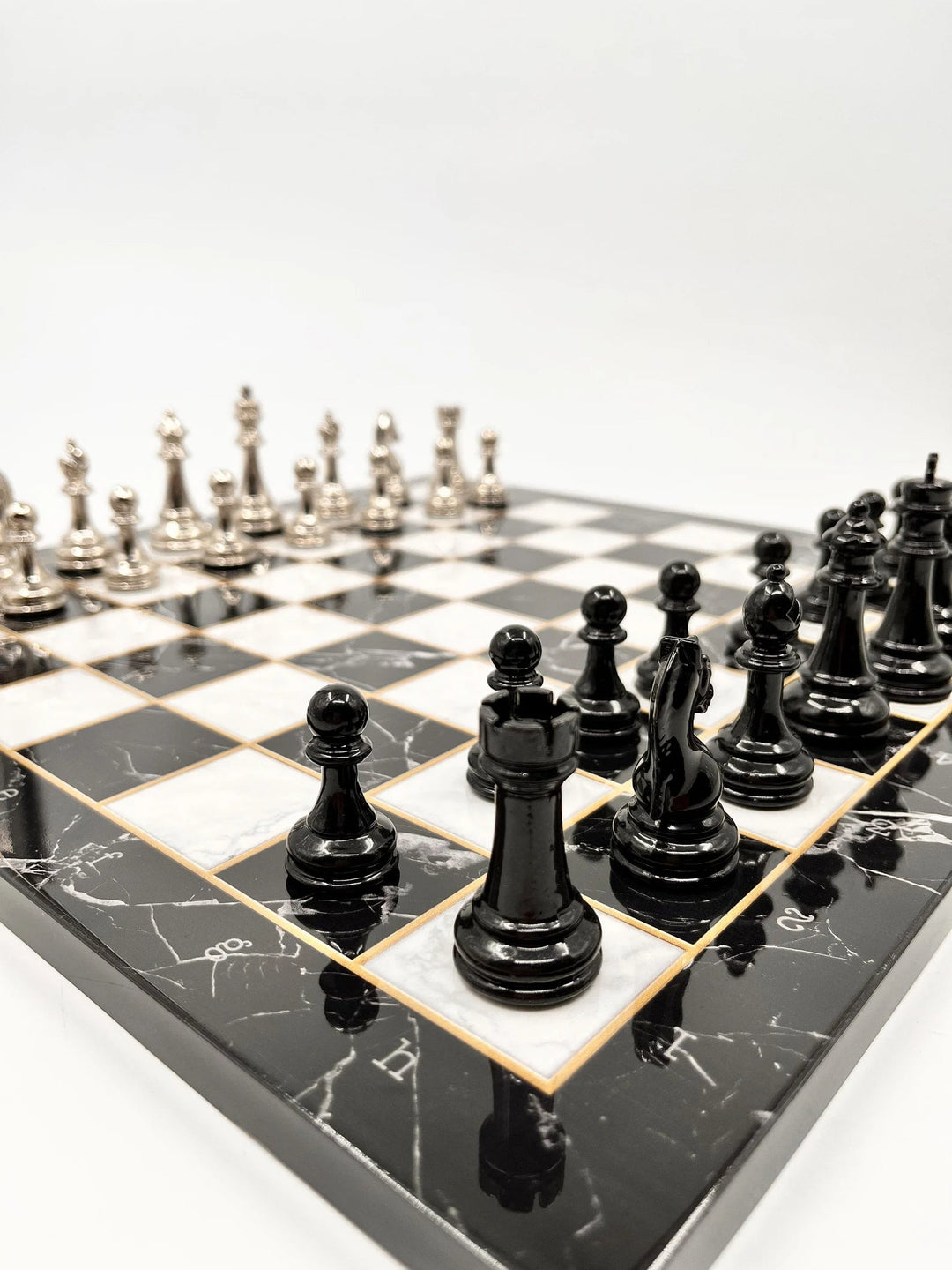
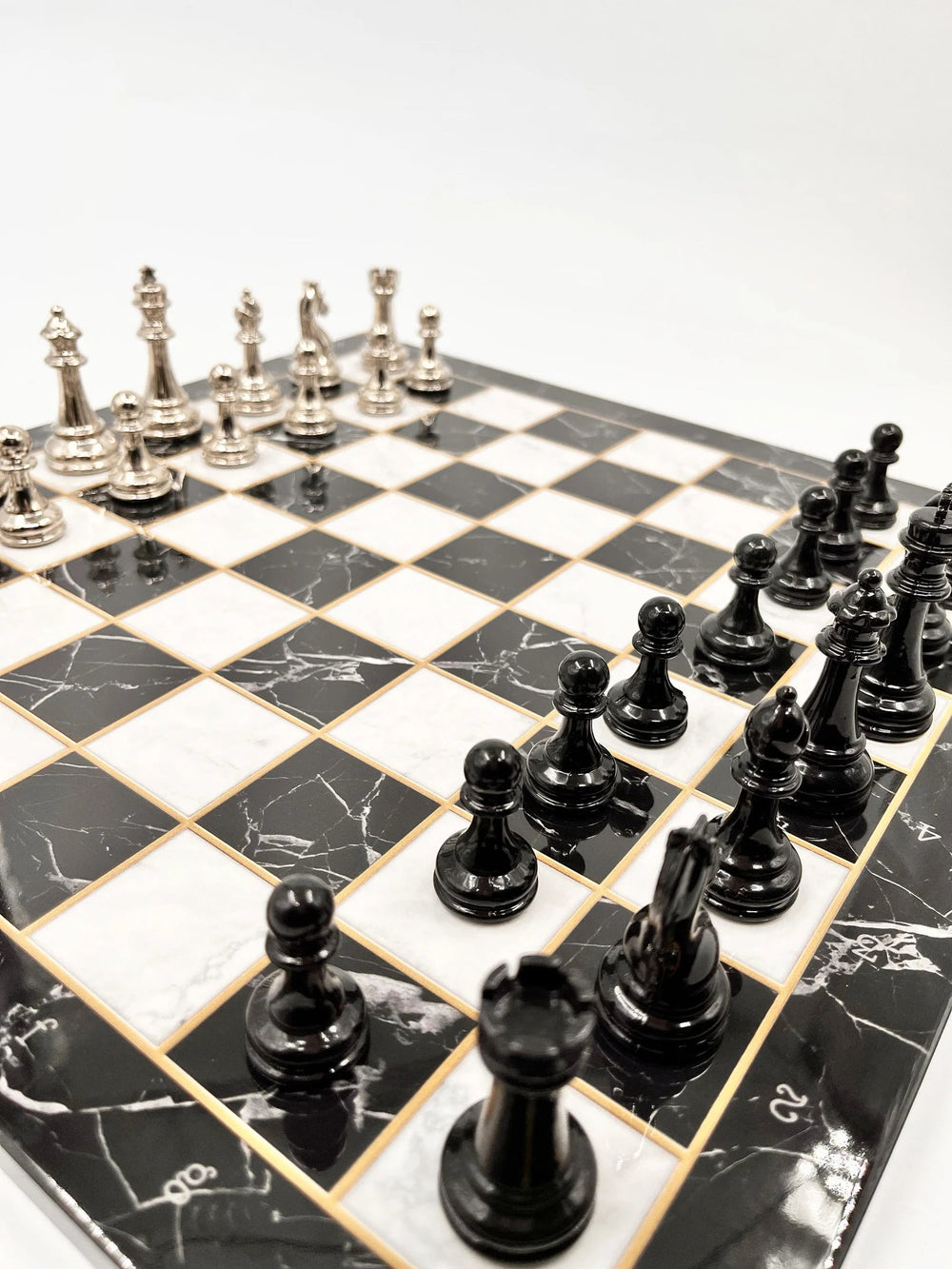
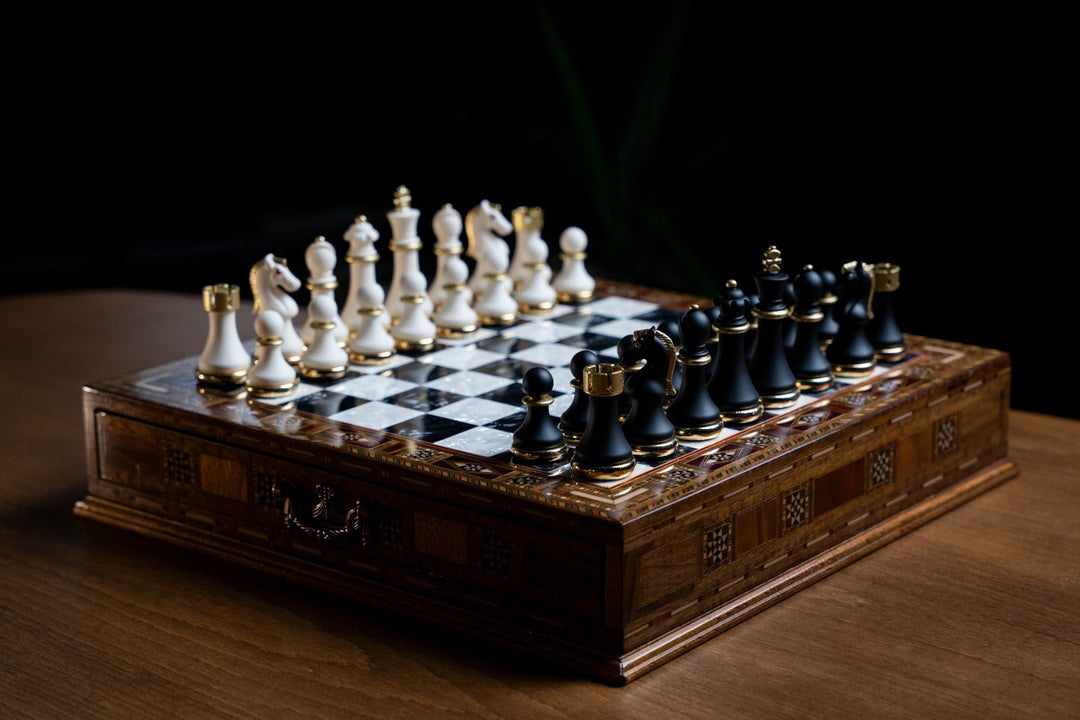
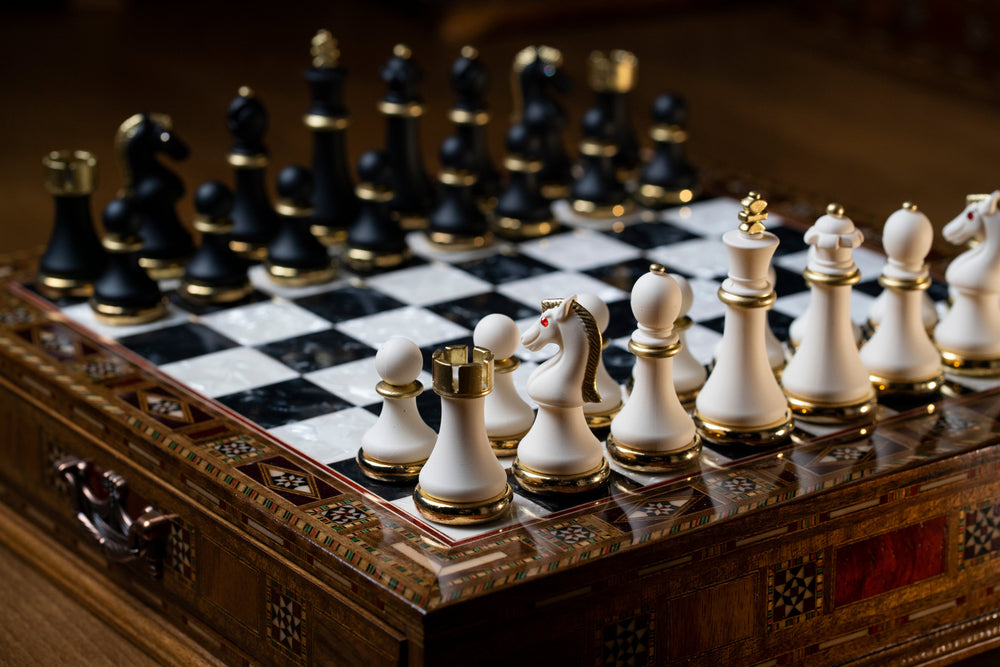
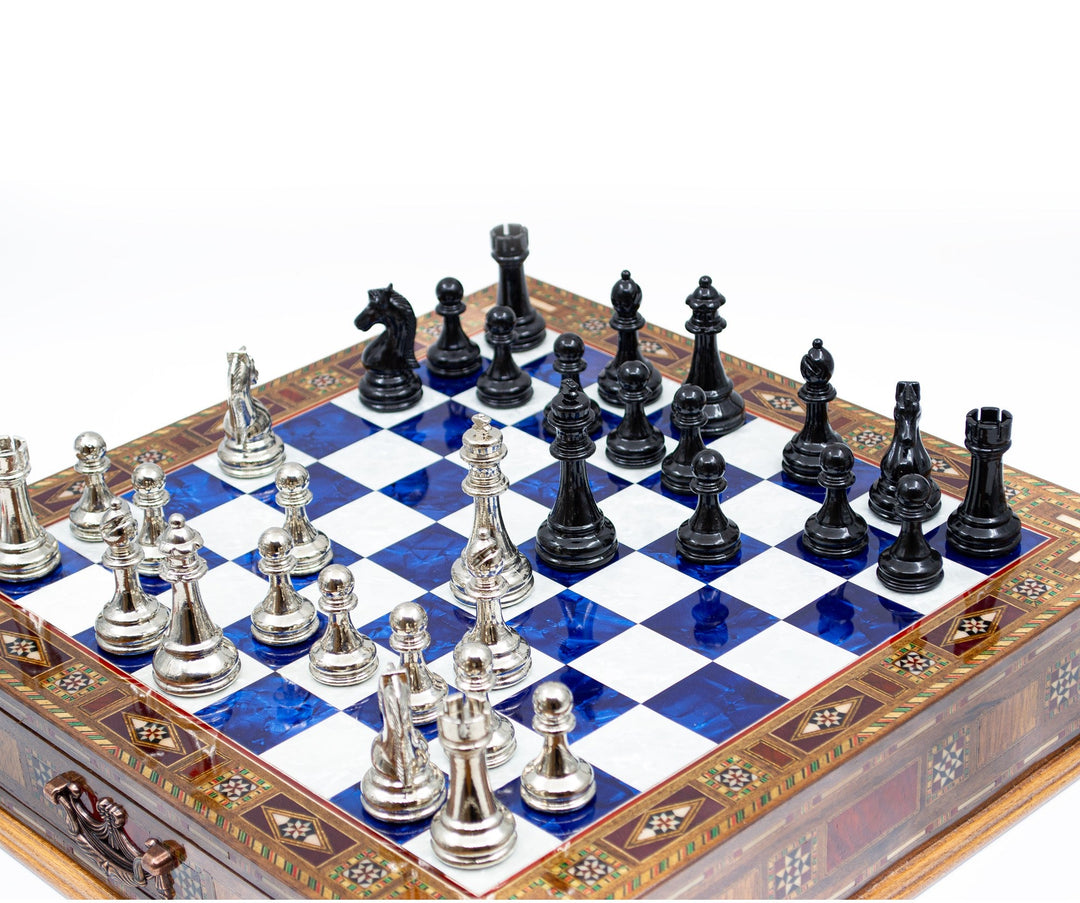
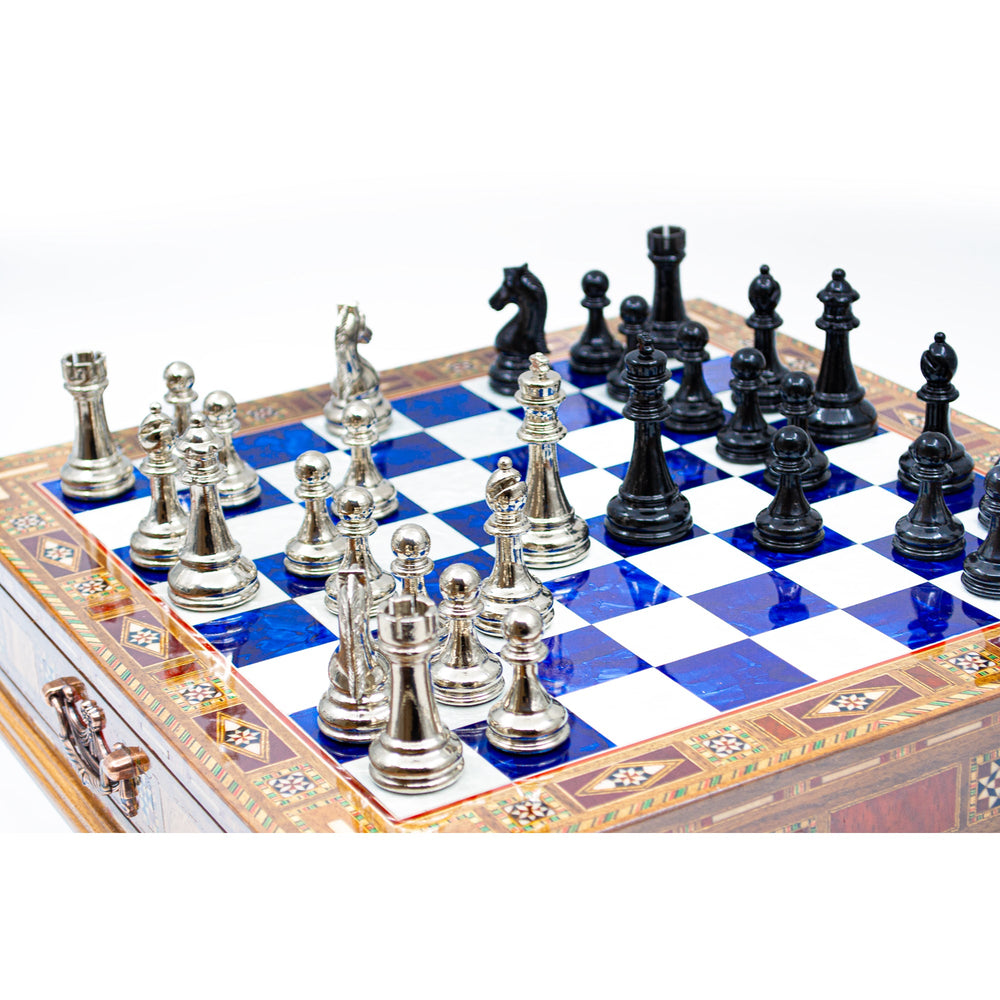
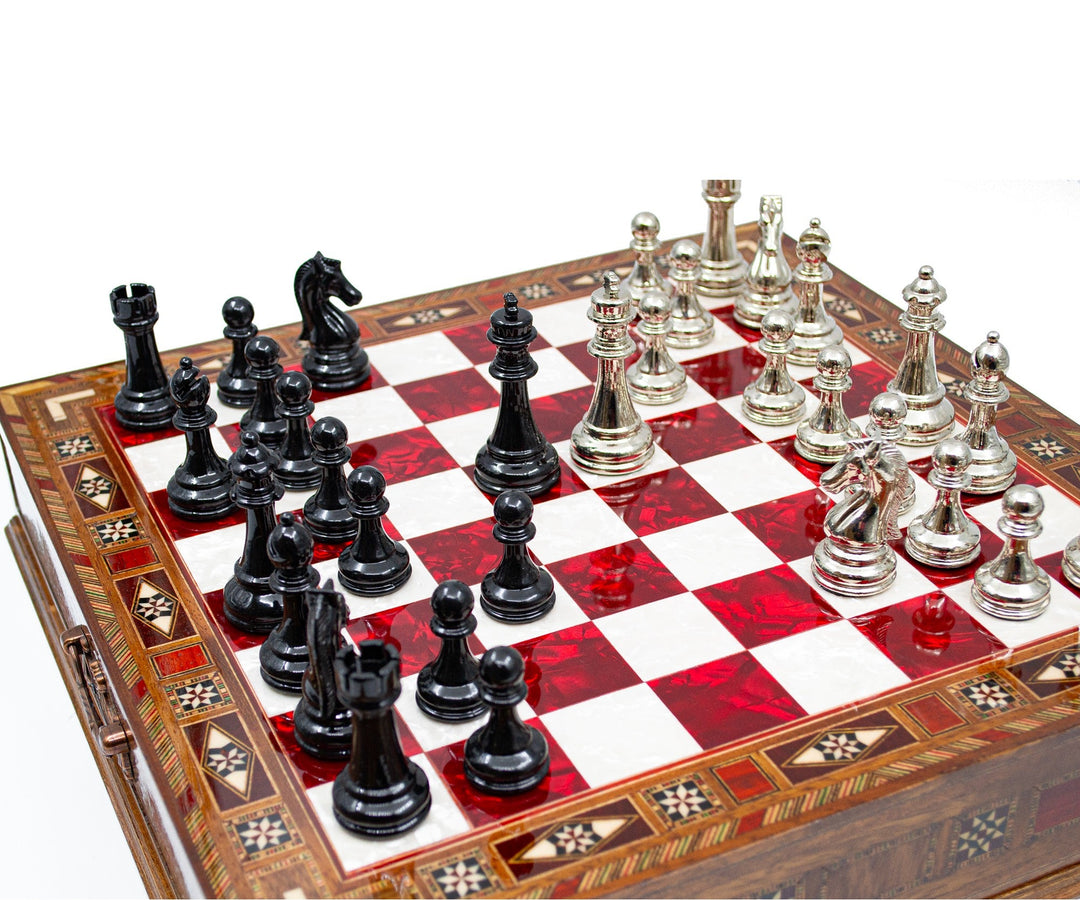
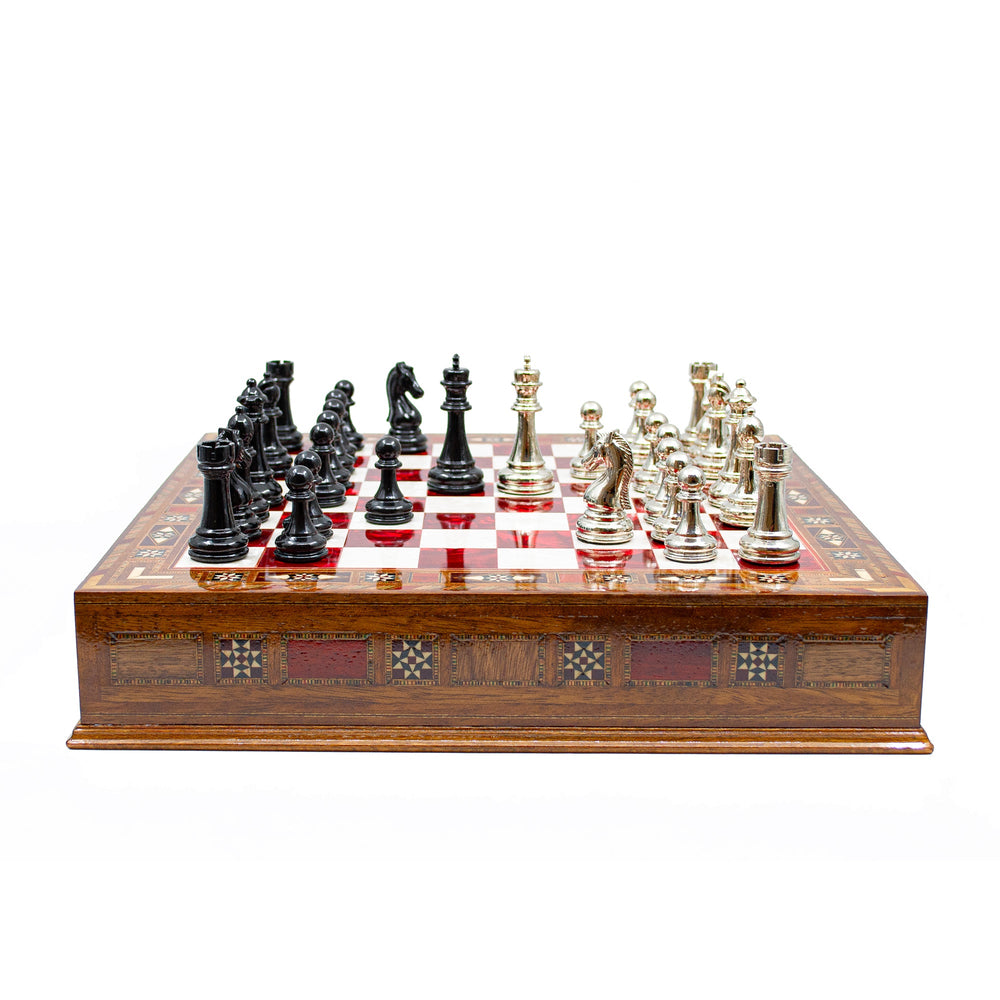
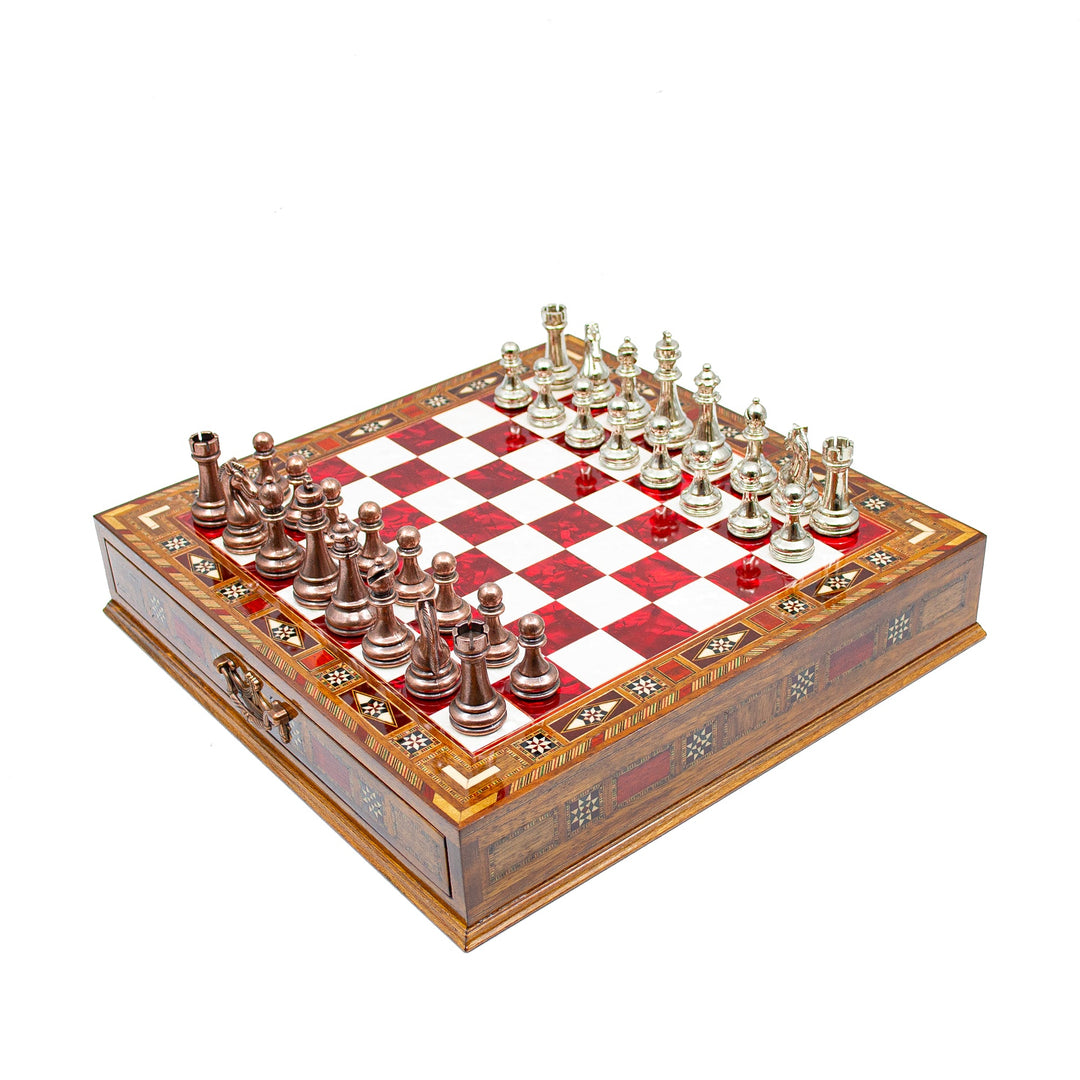
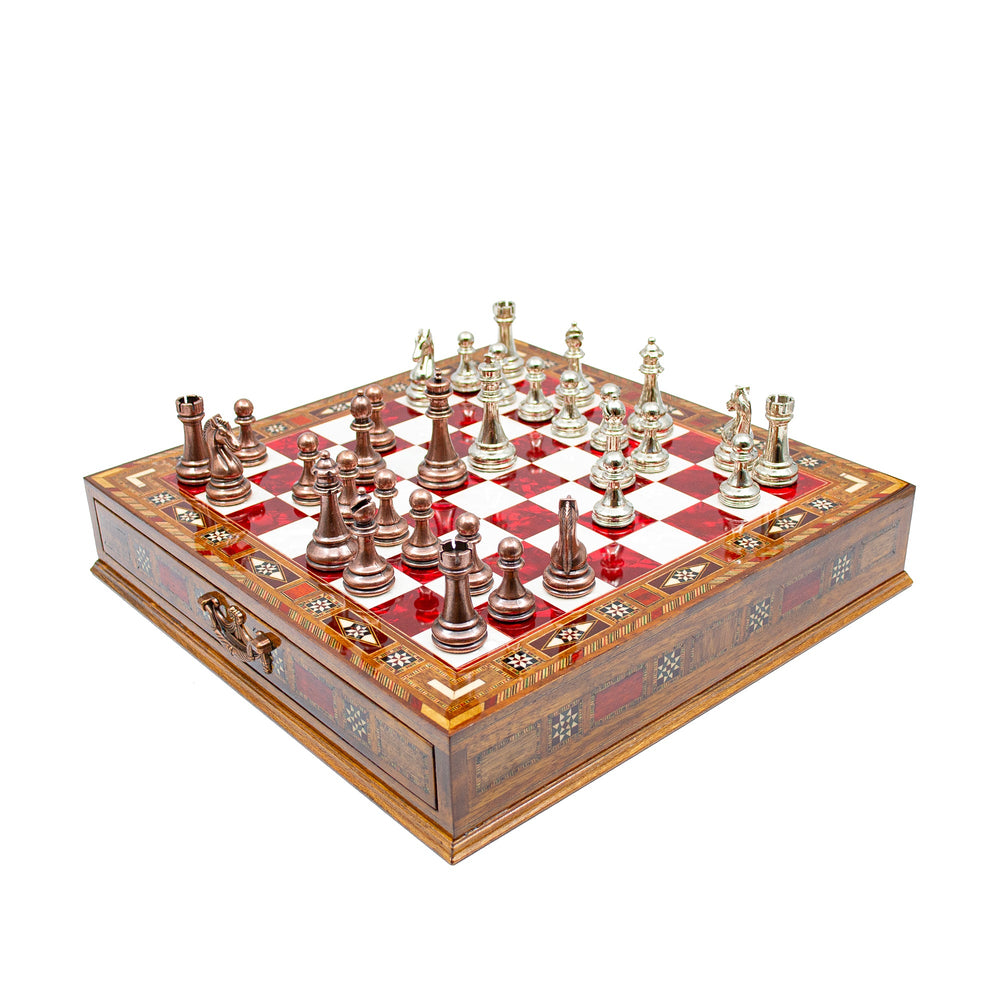
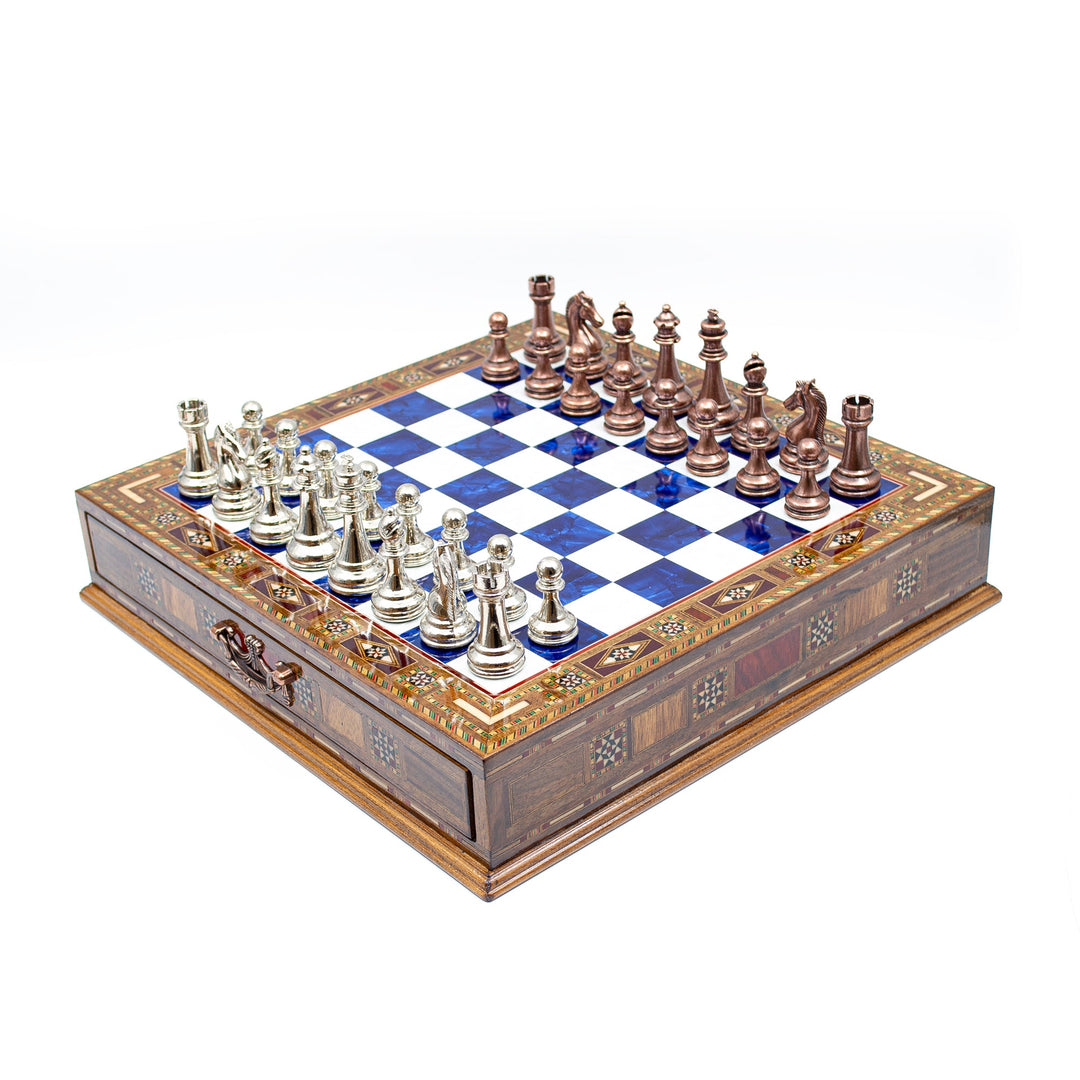
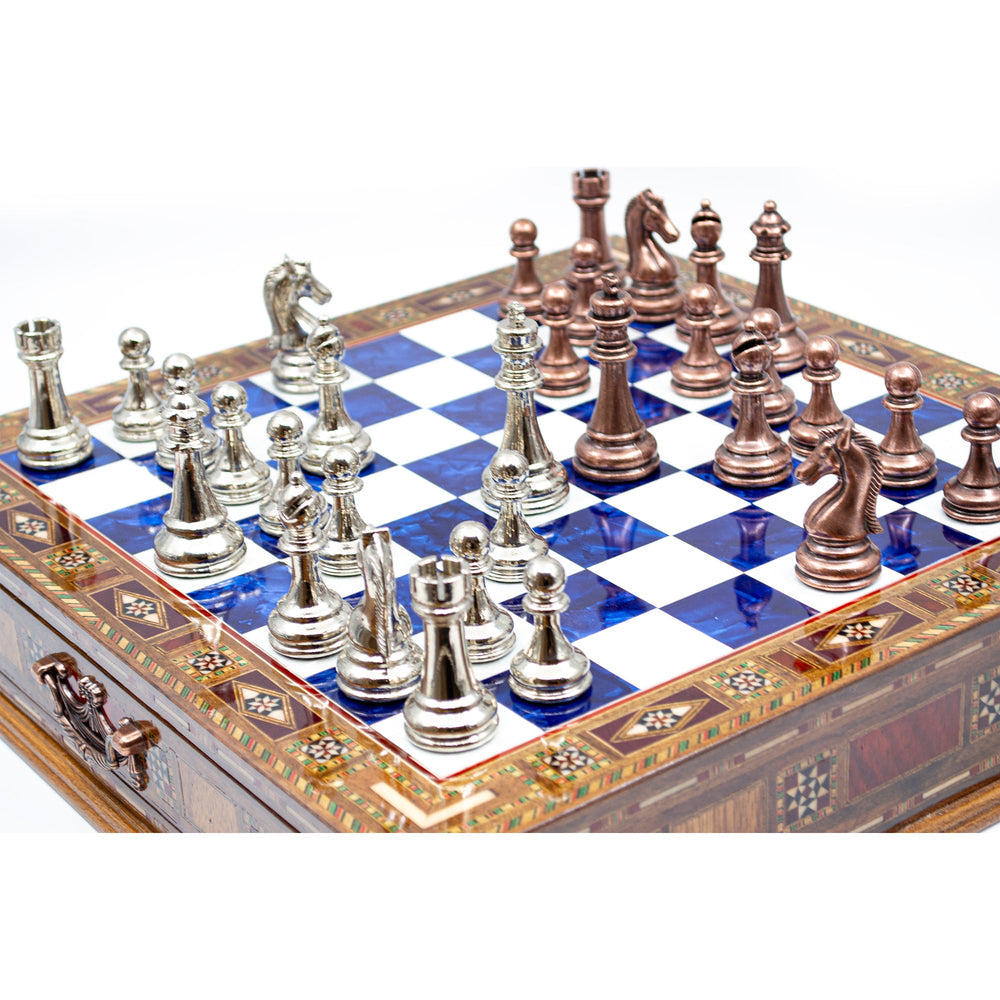
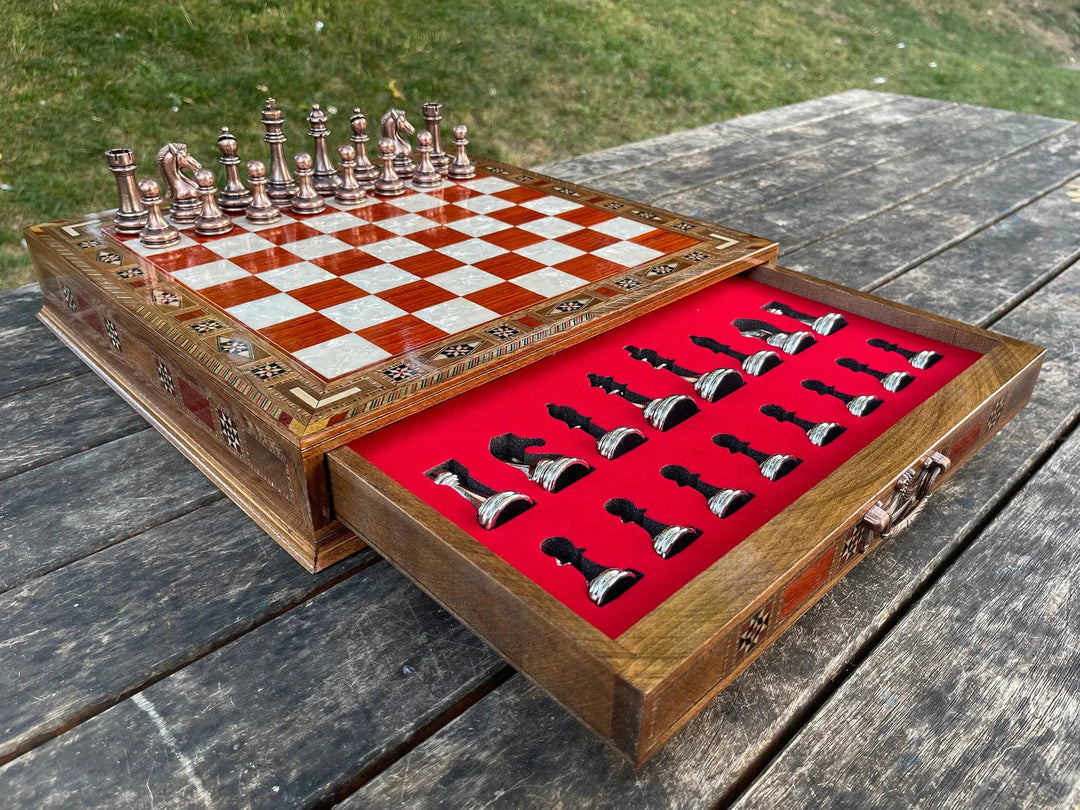
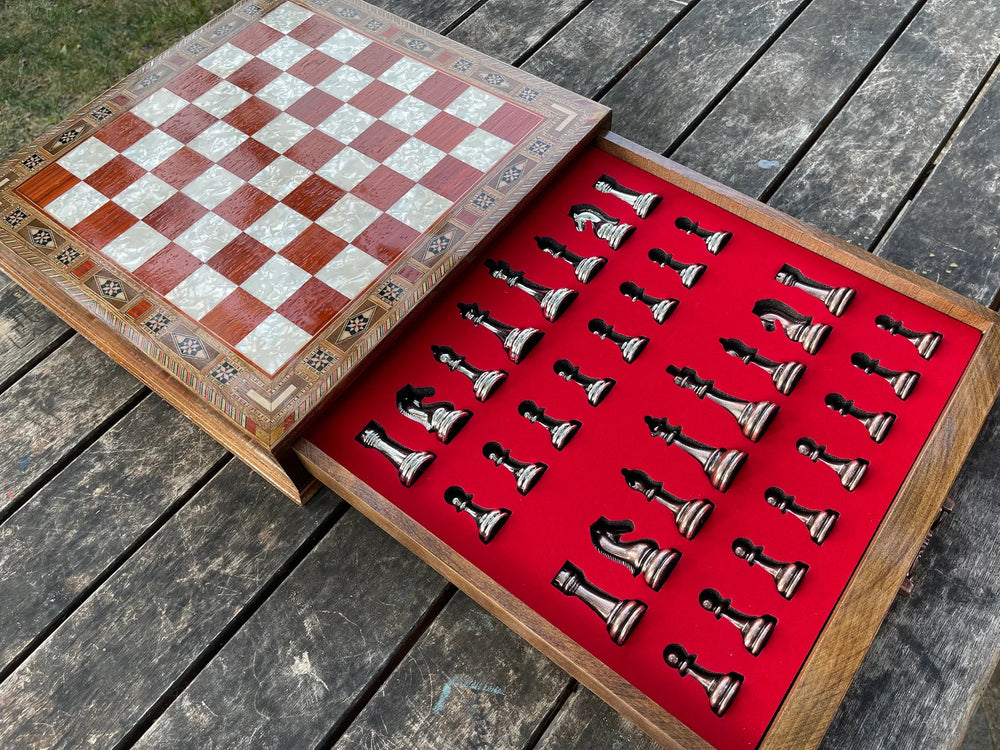
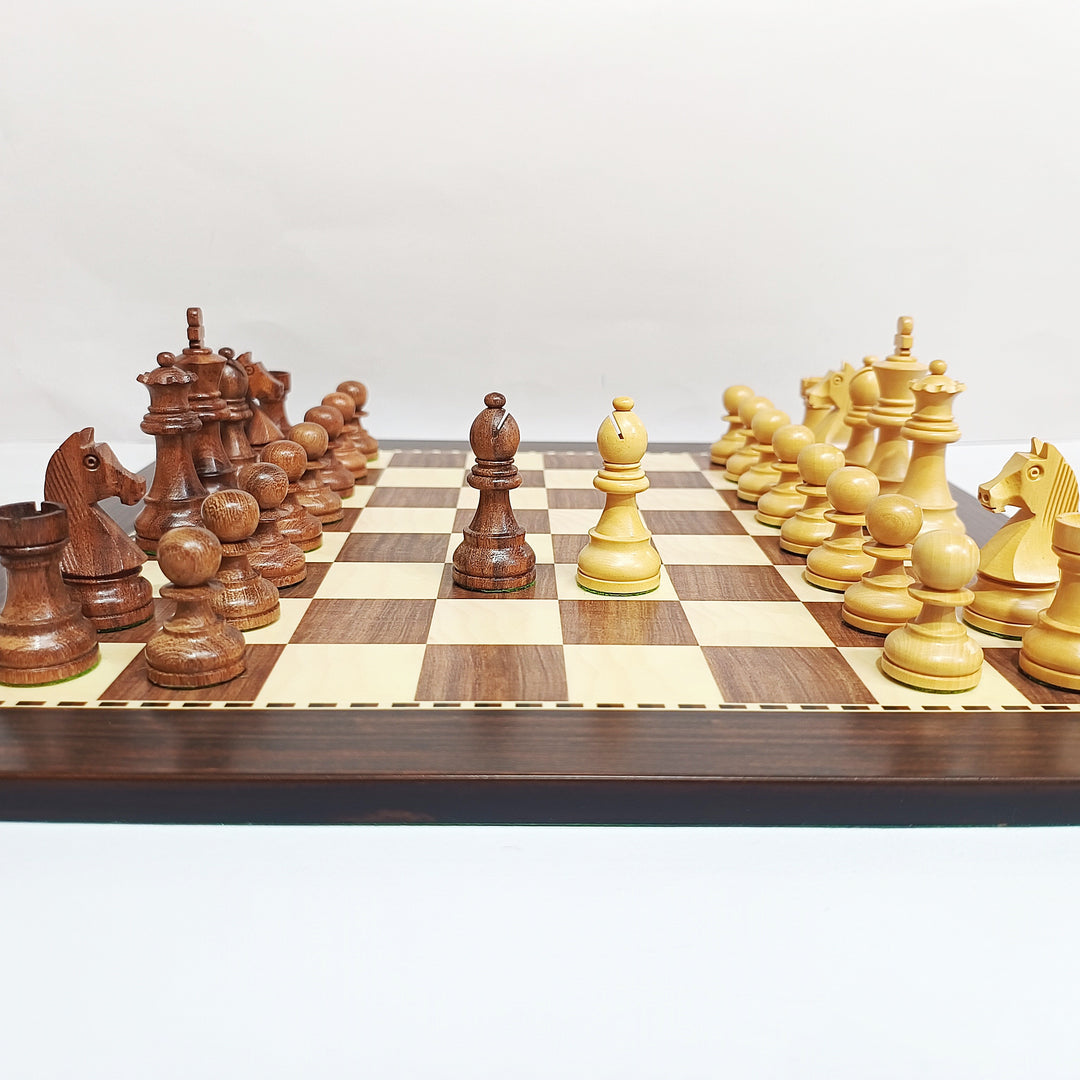
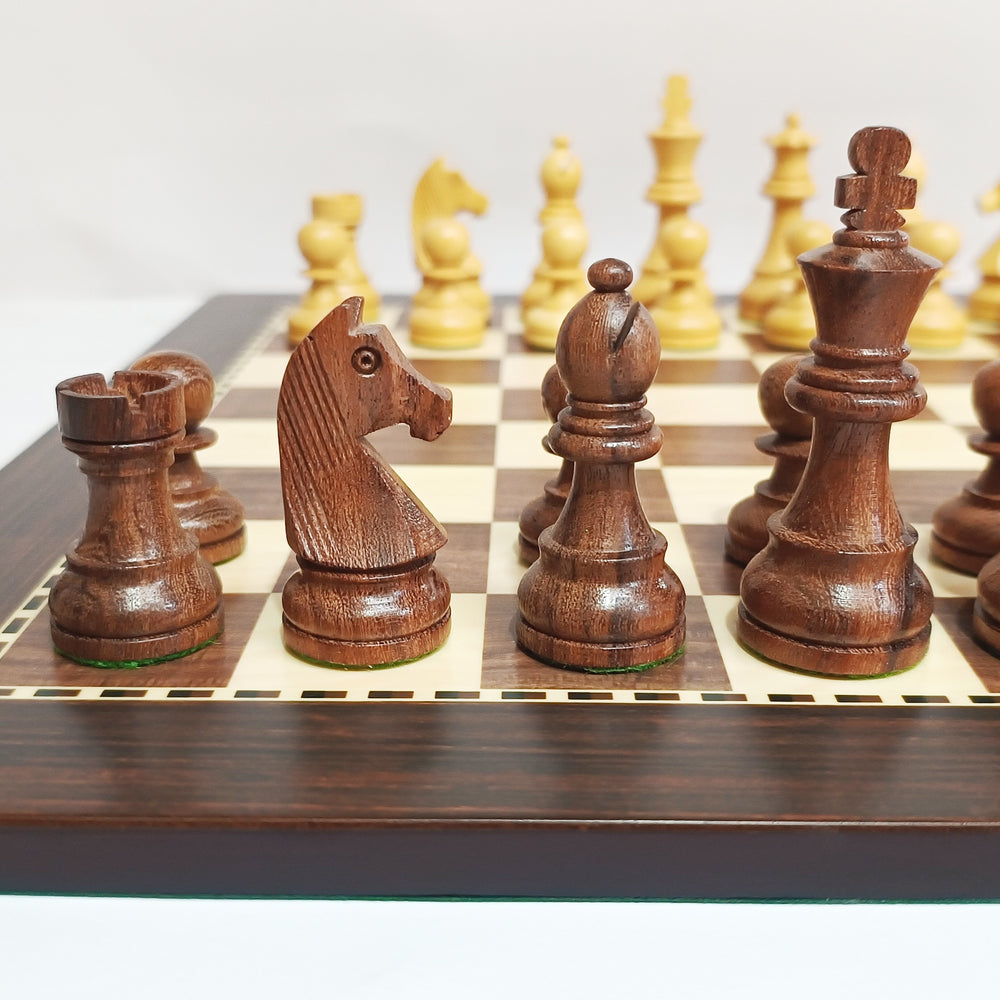
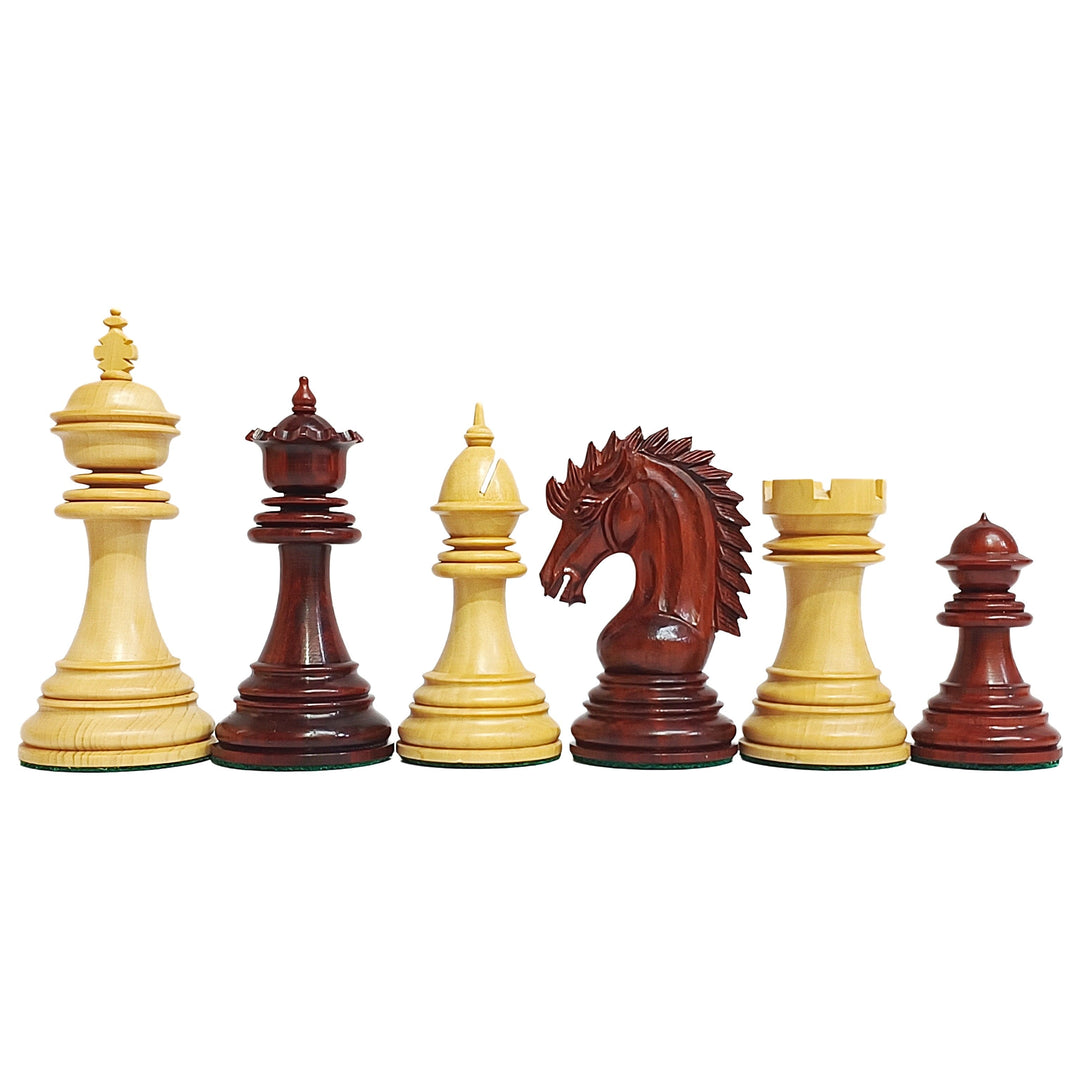
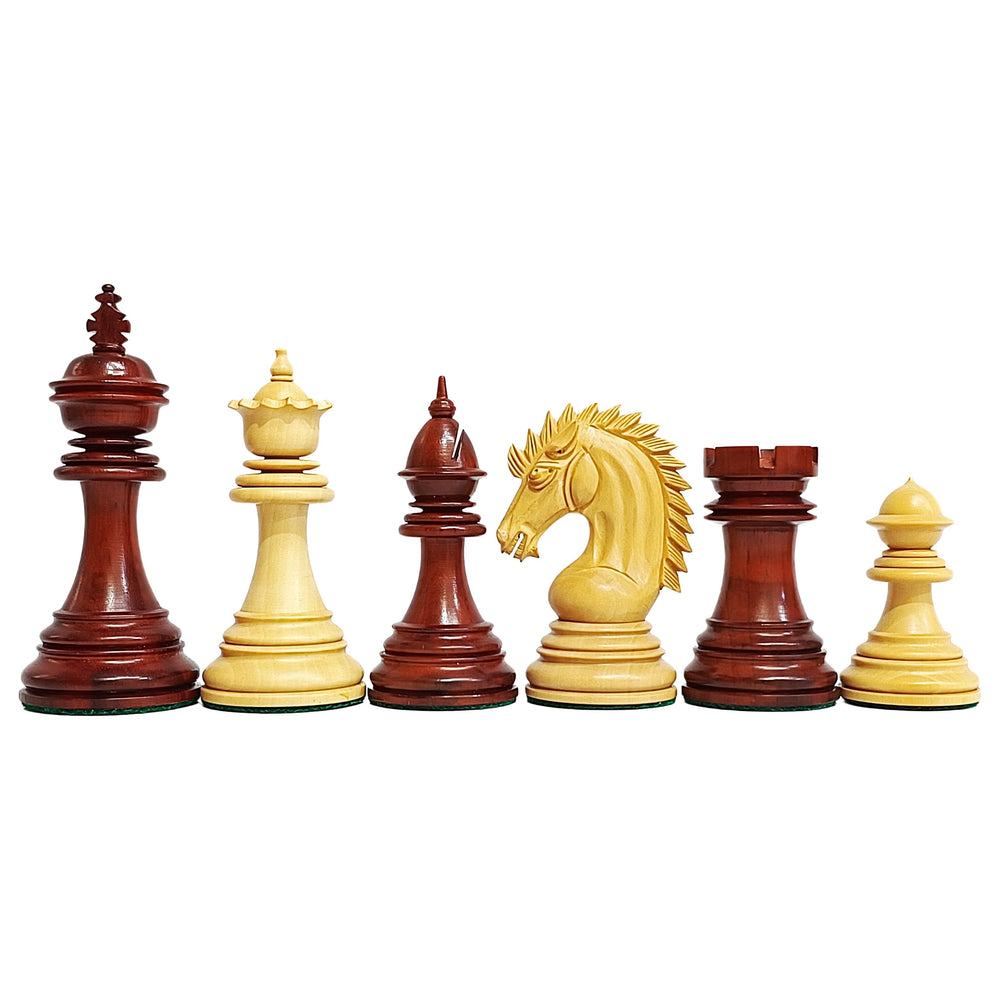


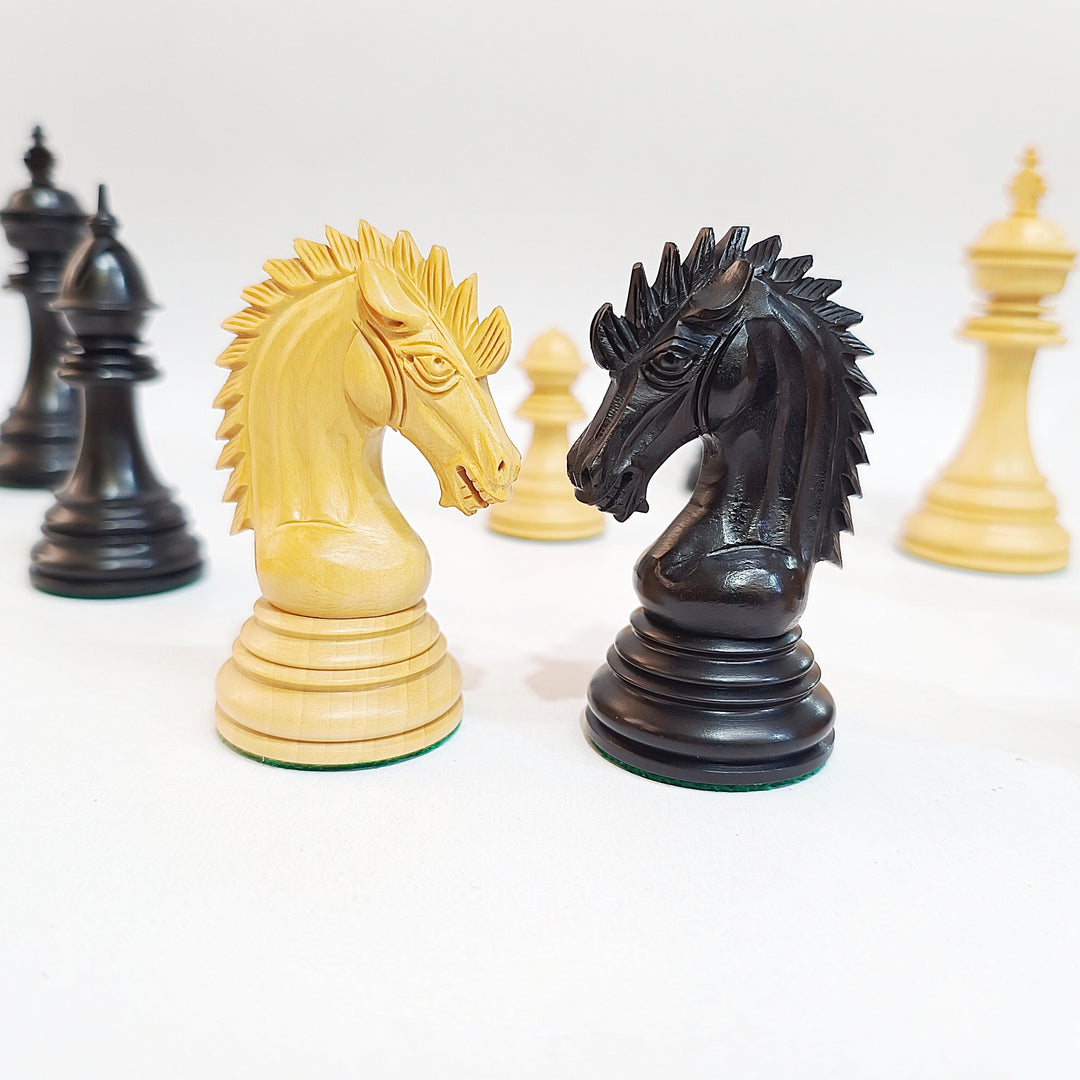
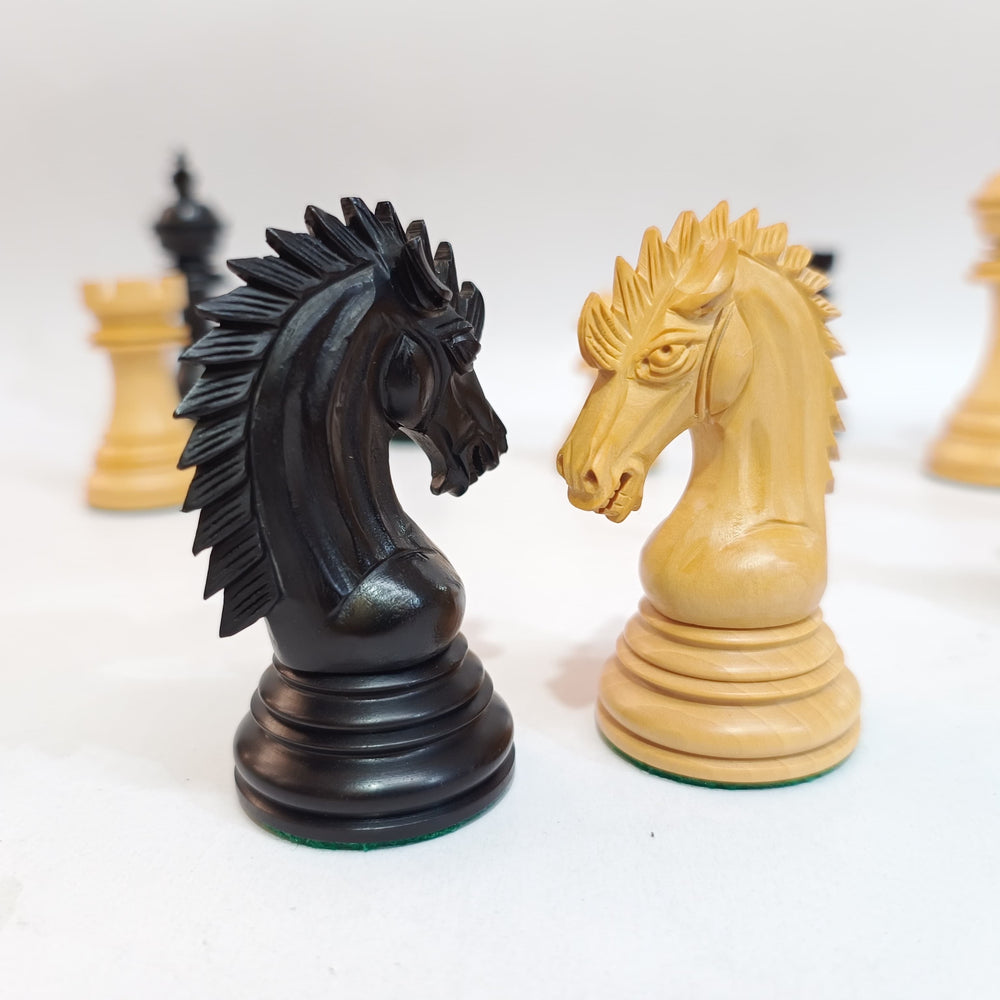
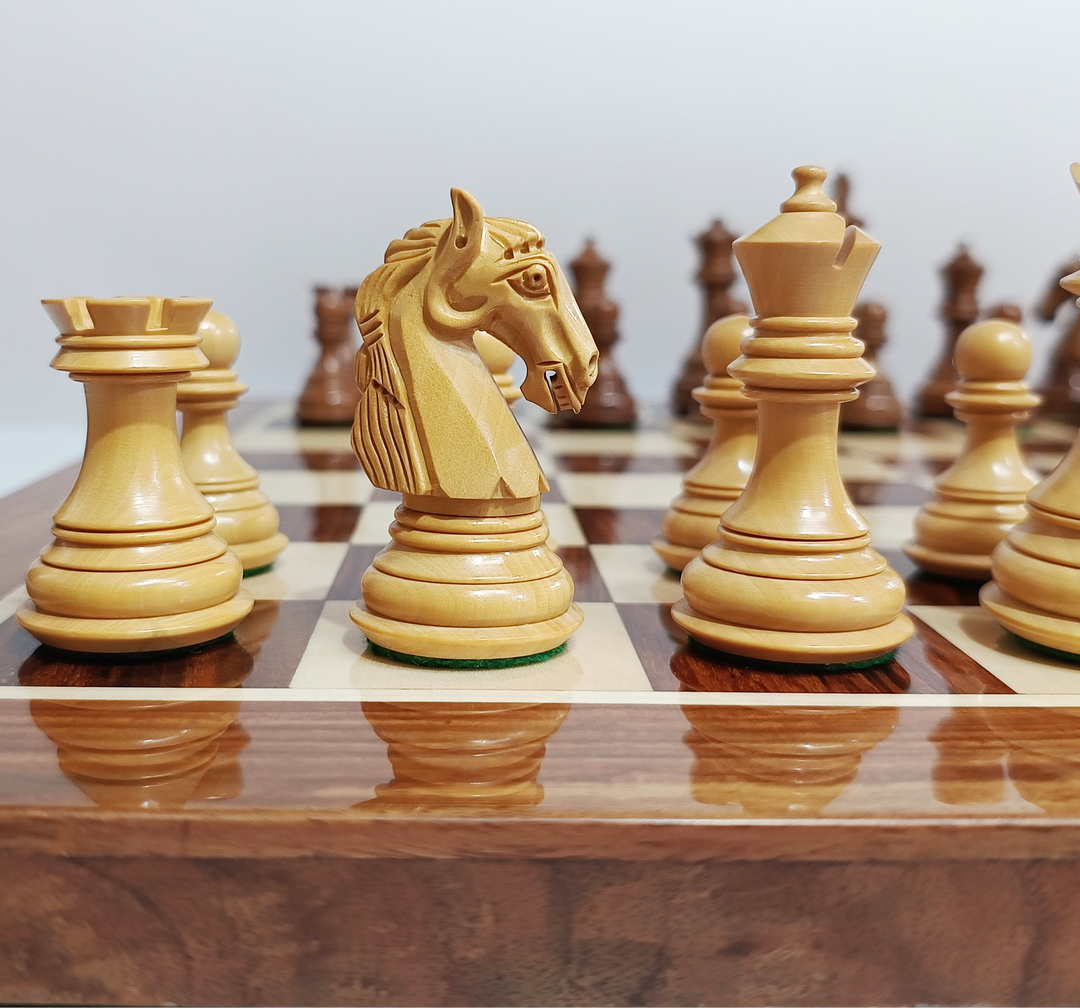
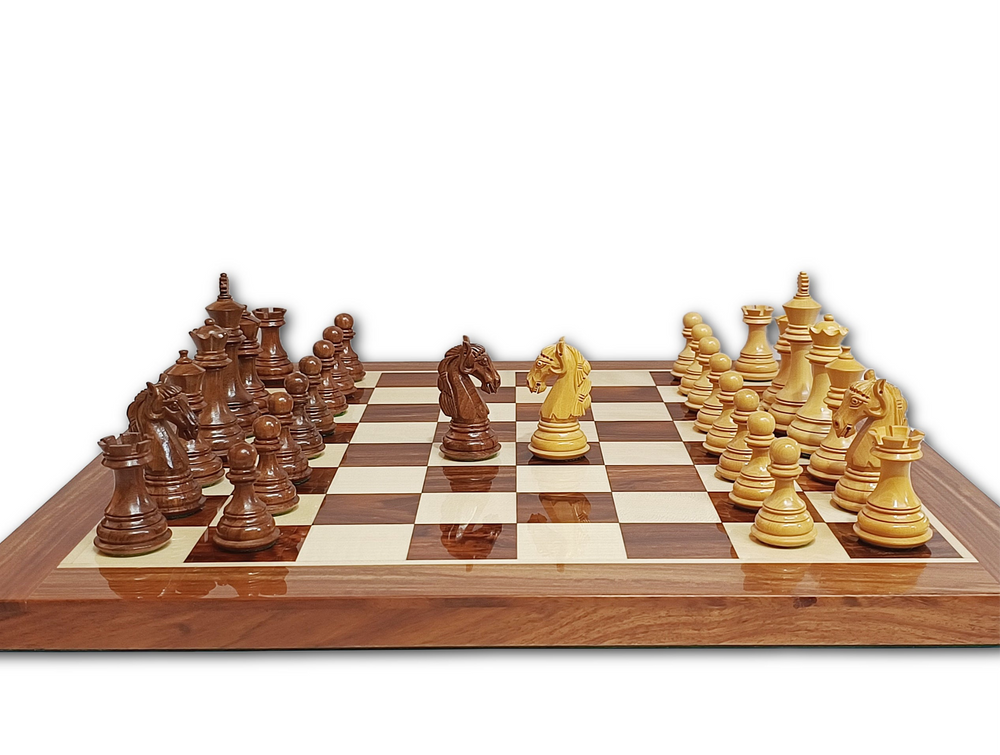
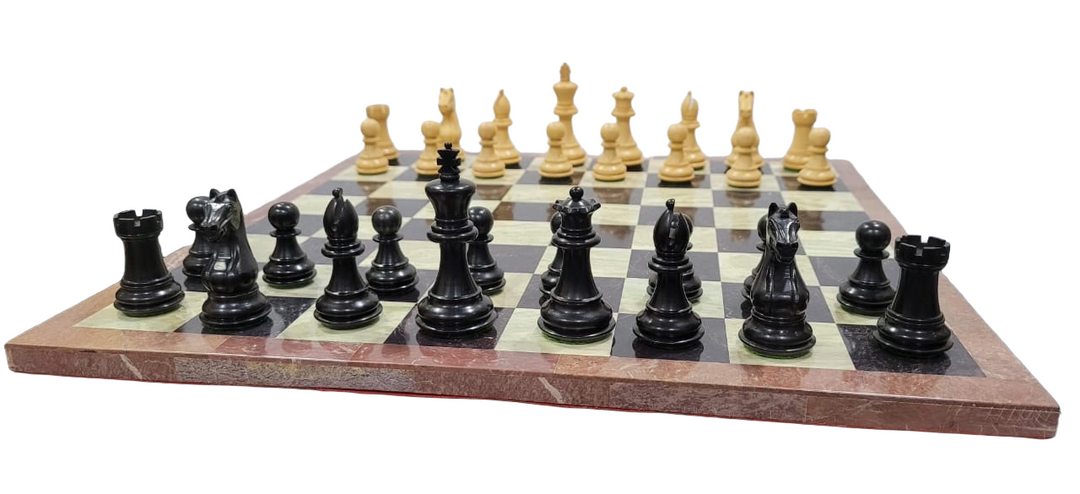
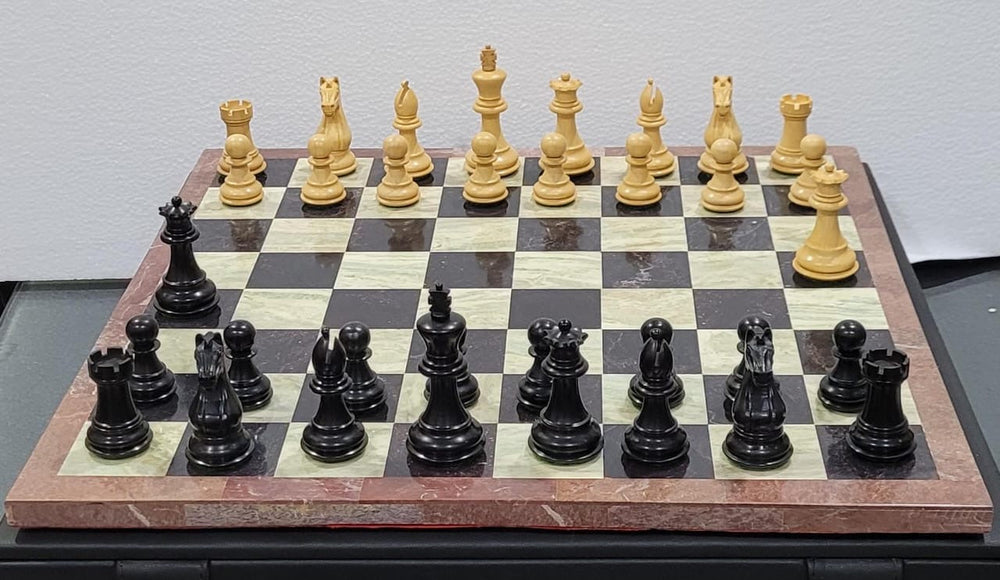
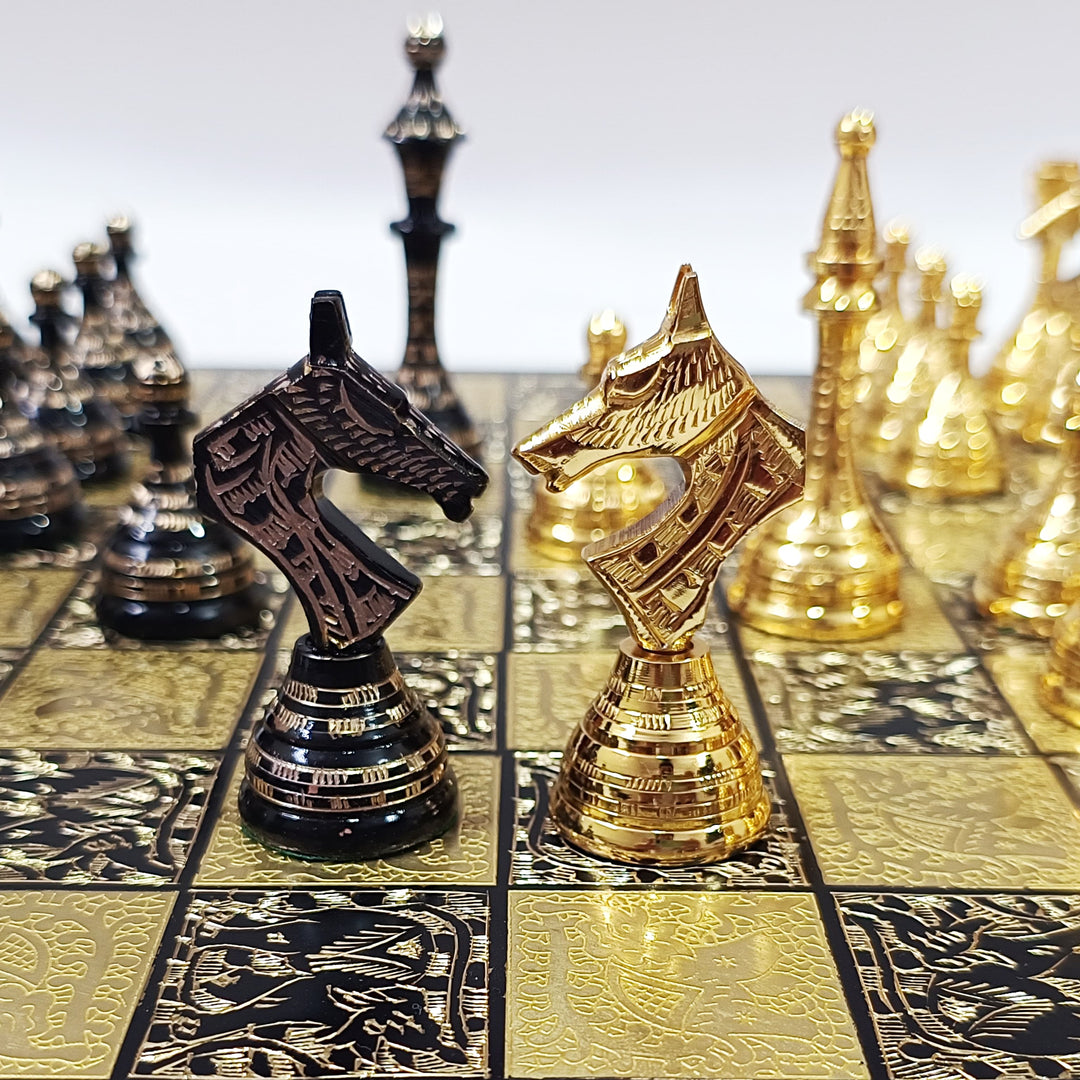
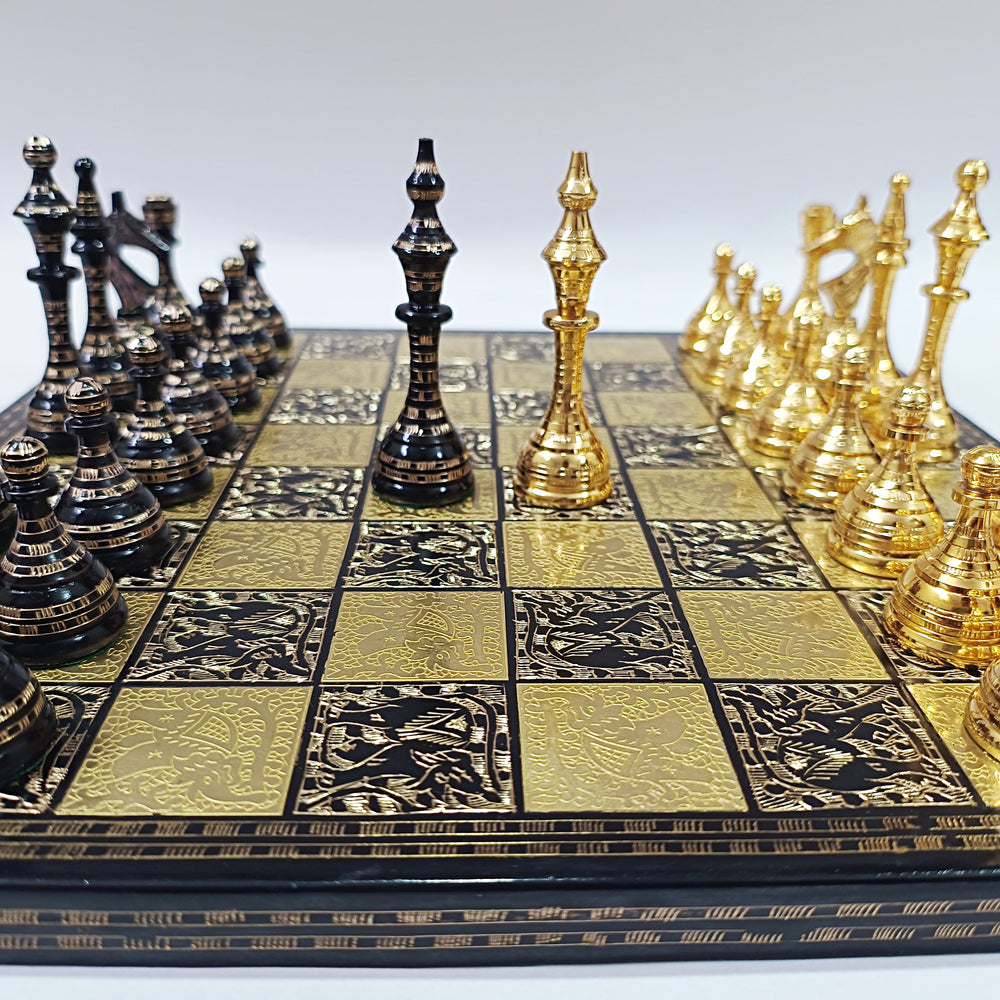
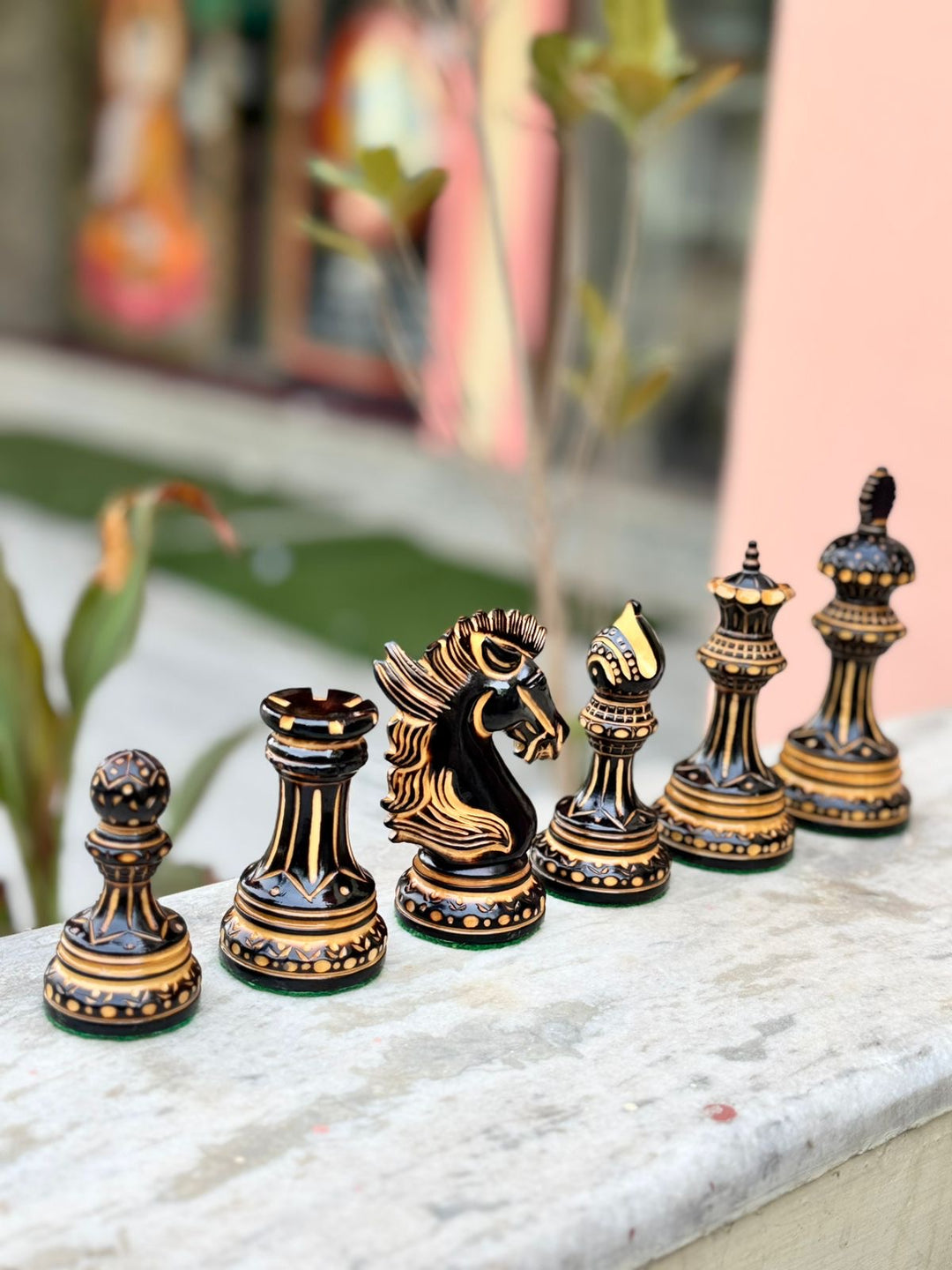
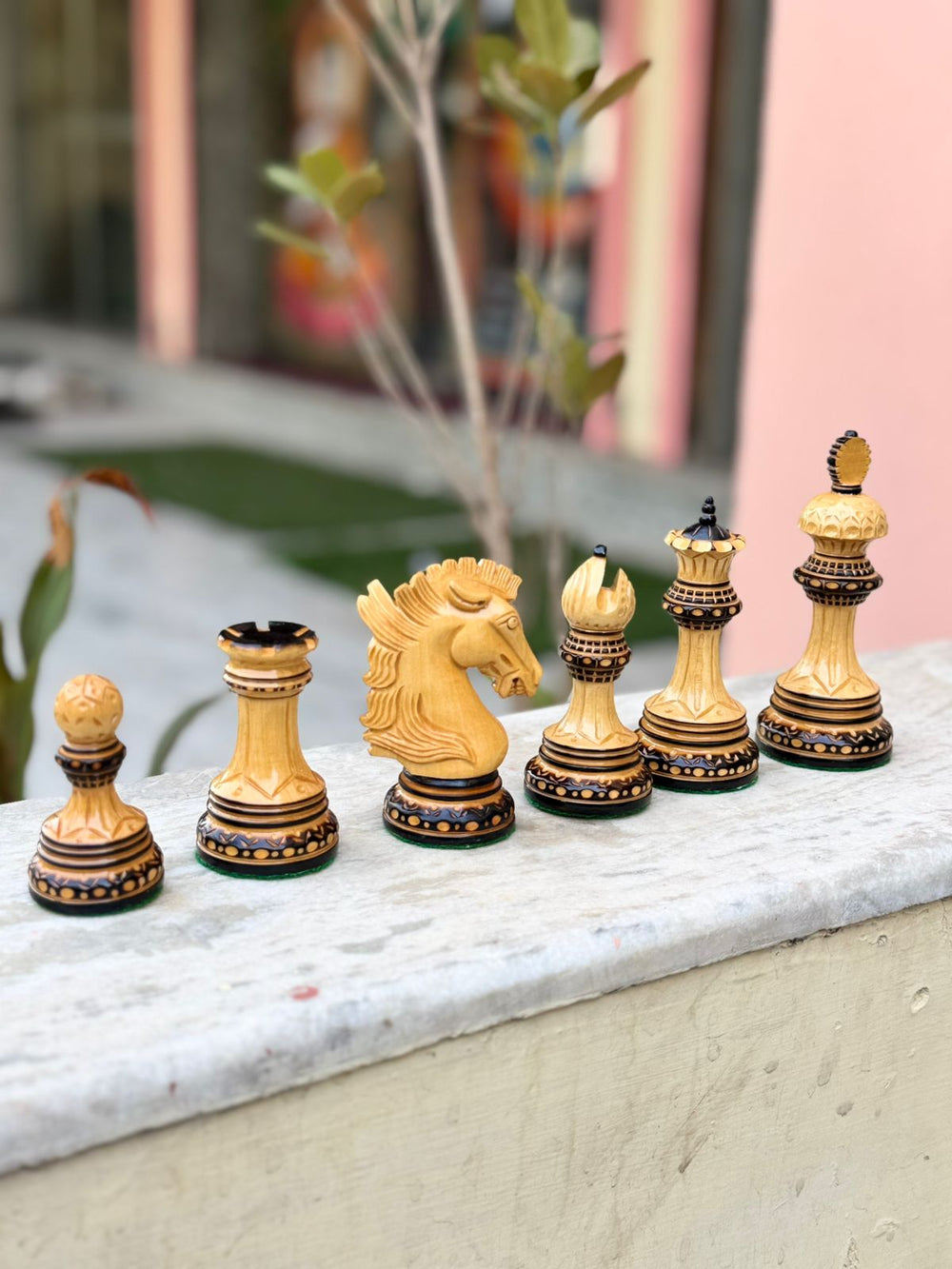
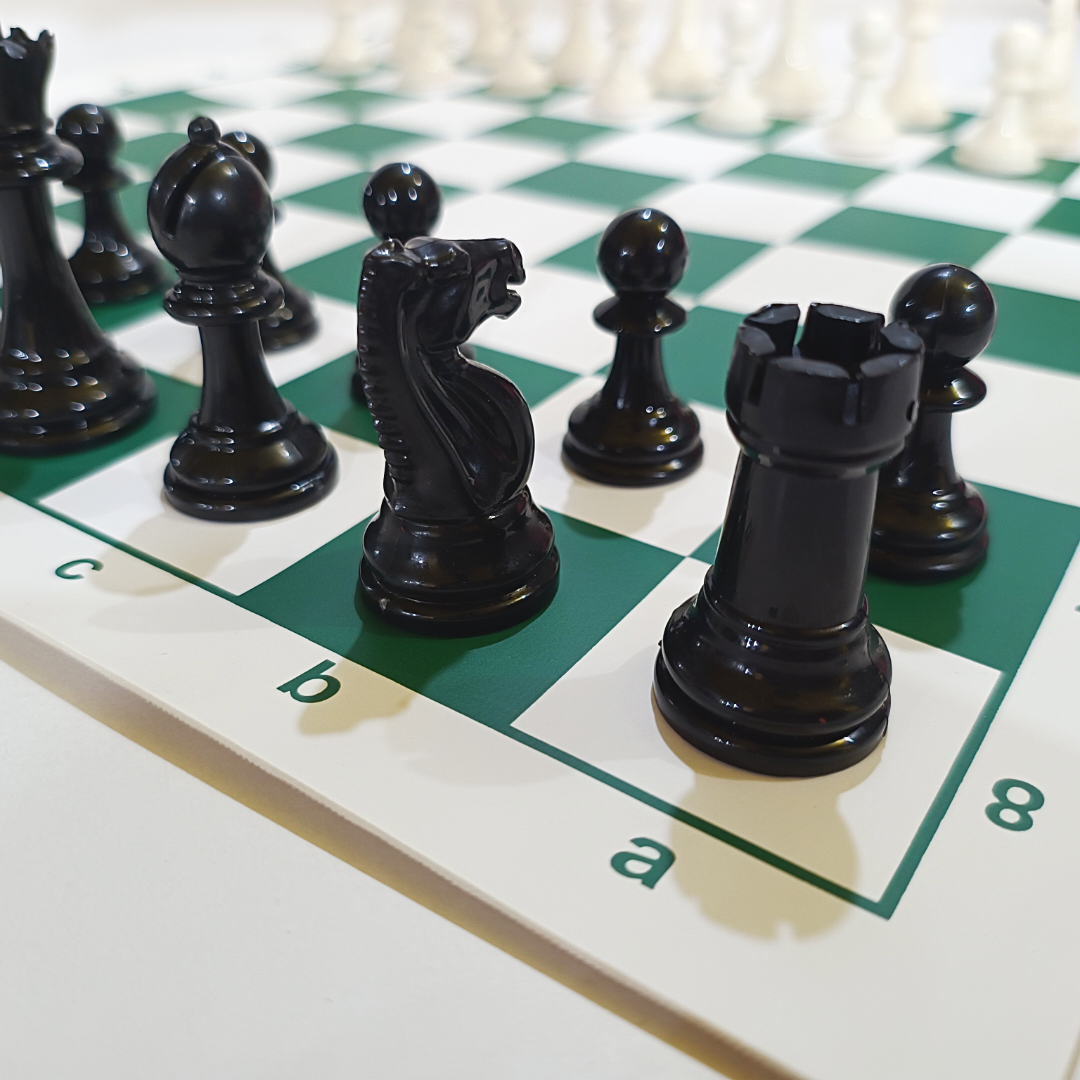
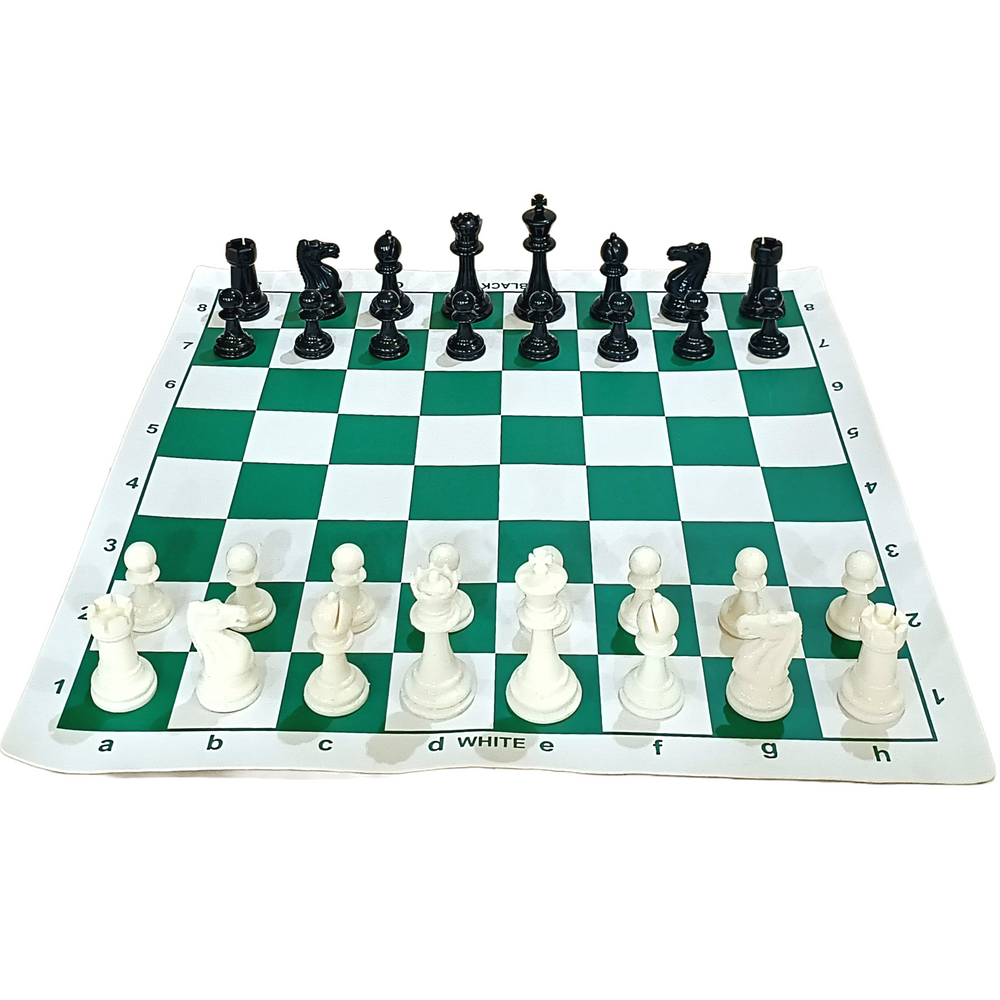


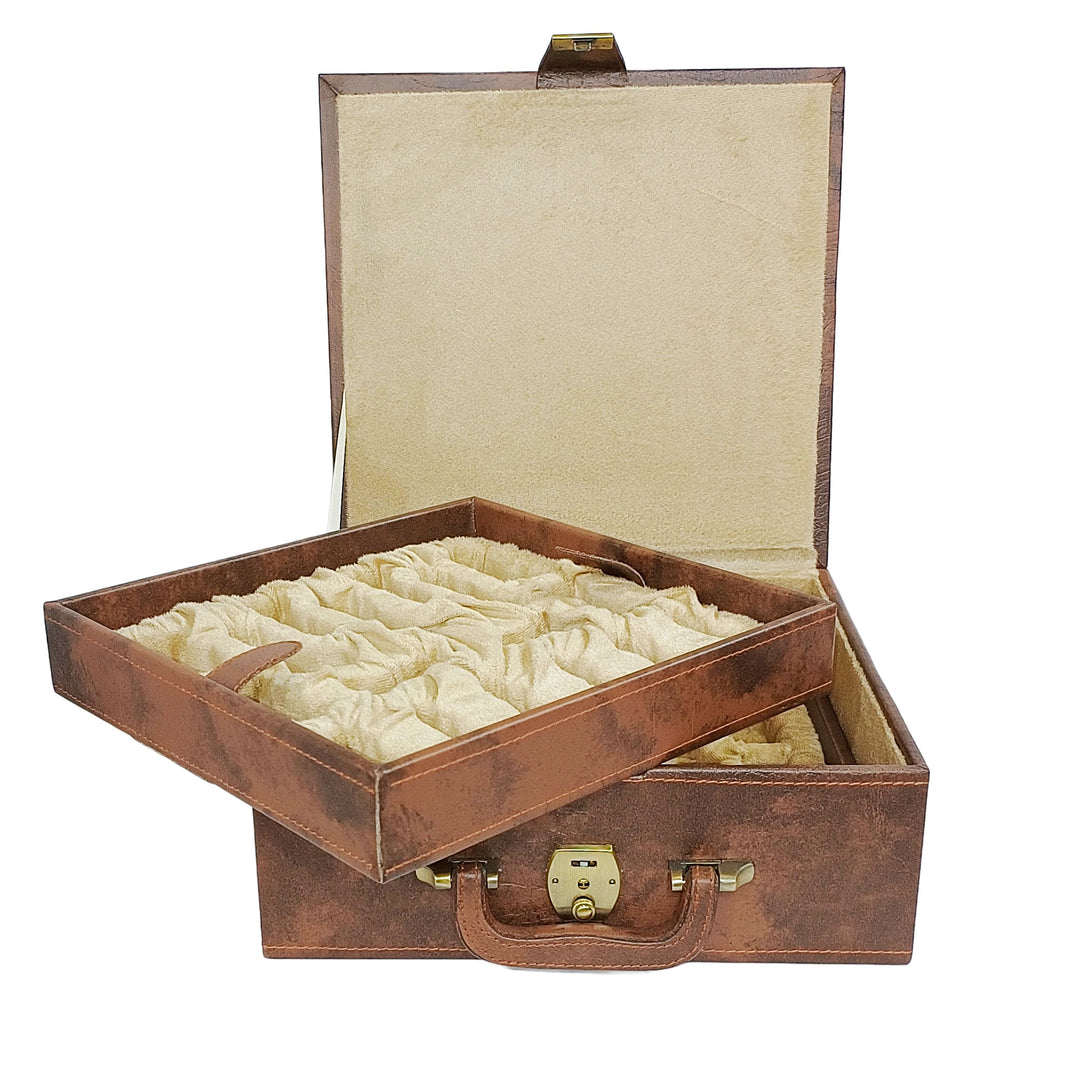

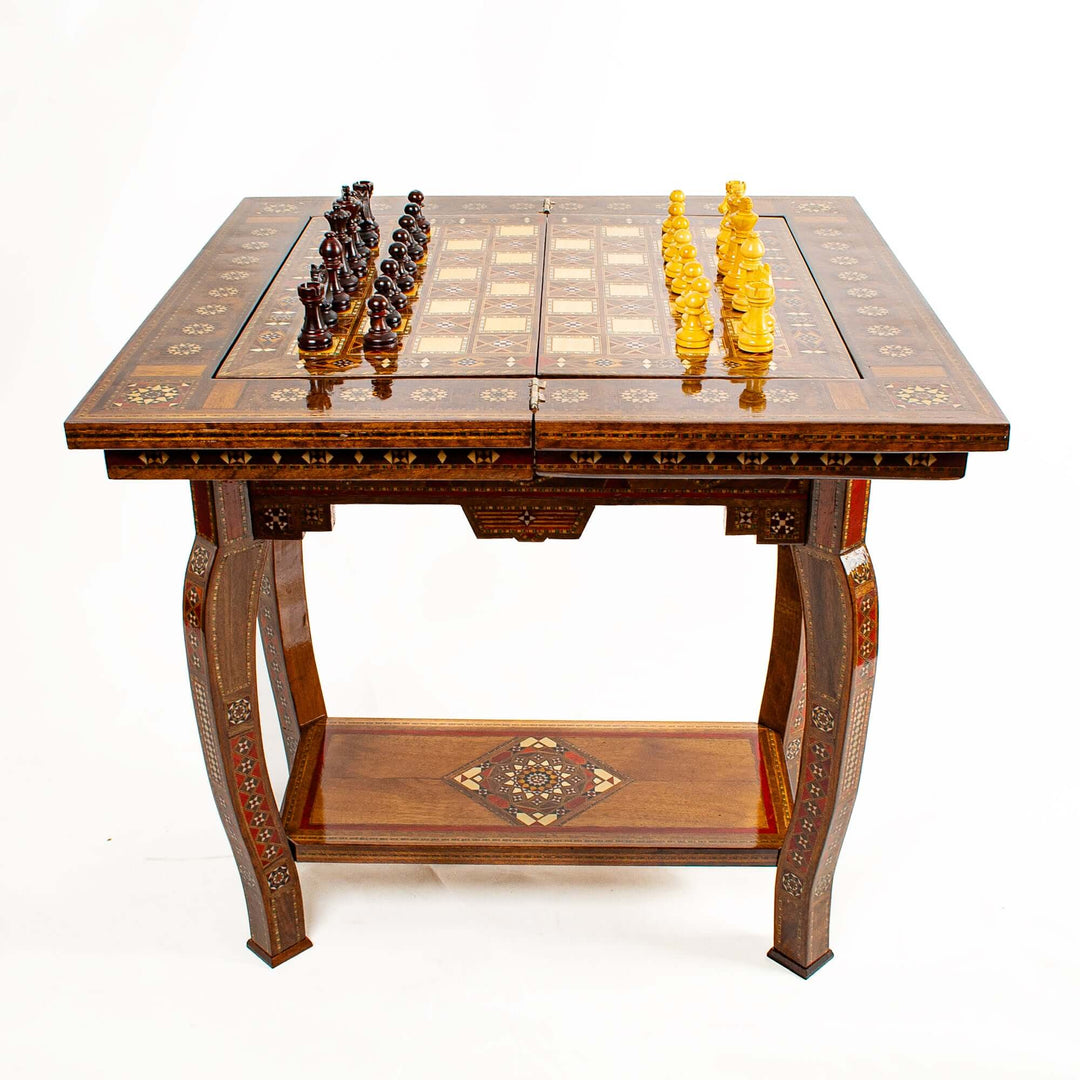

Leave a comment